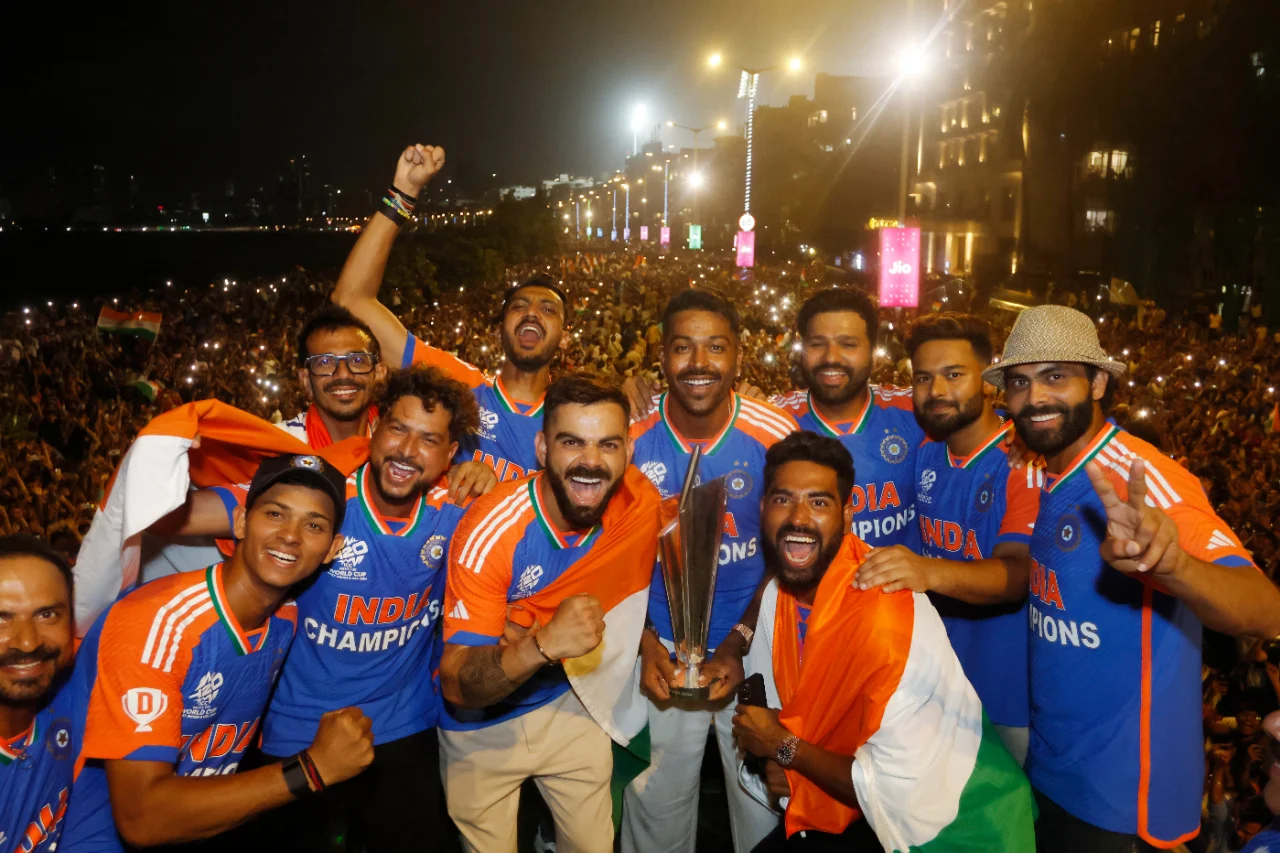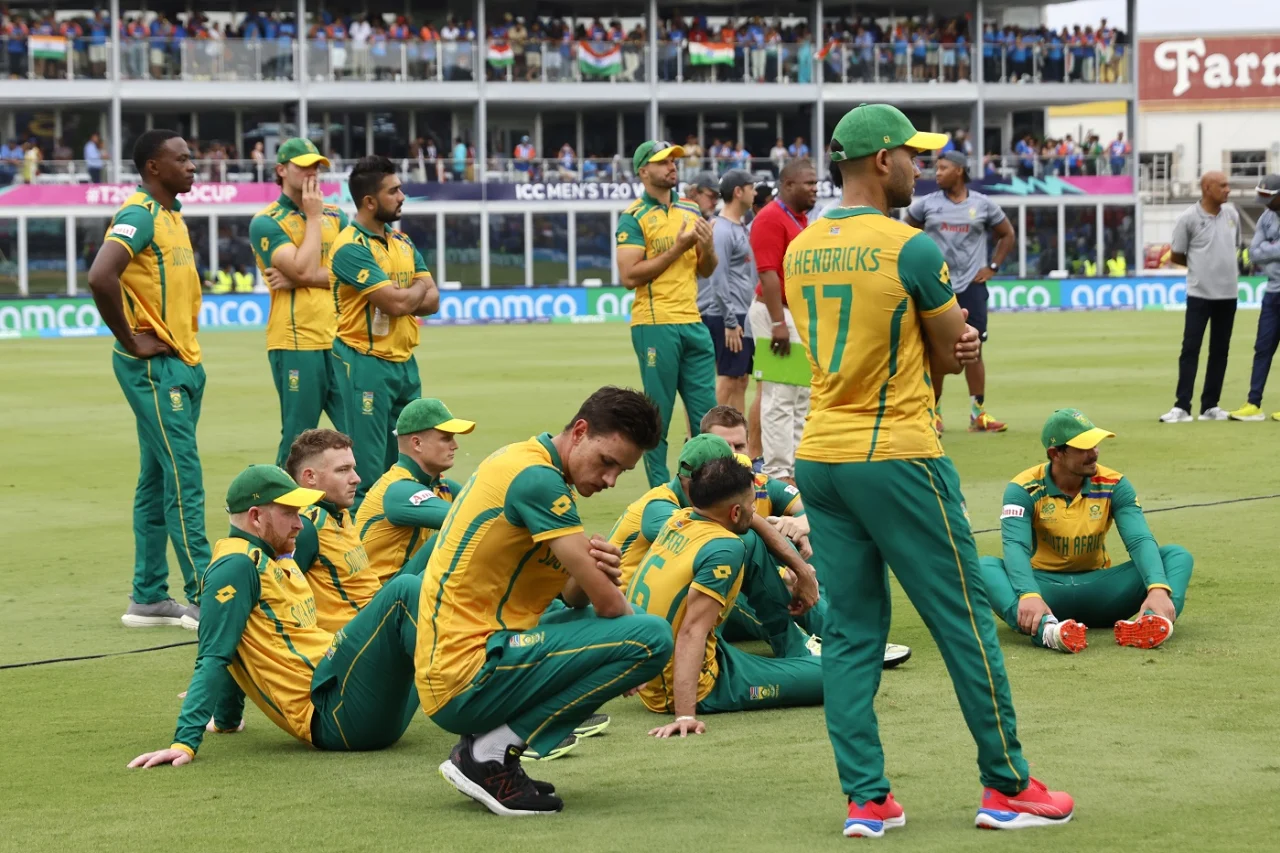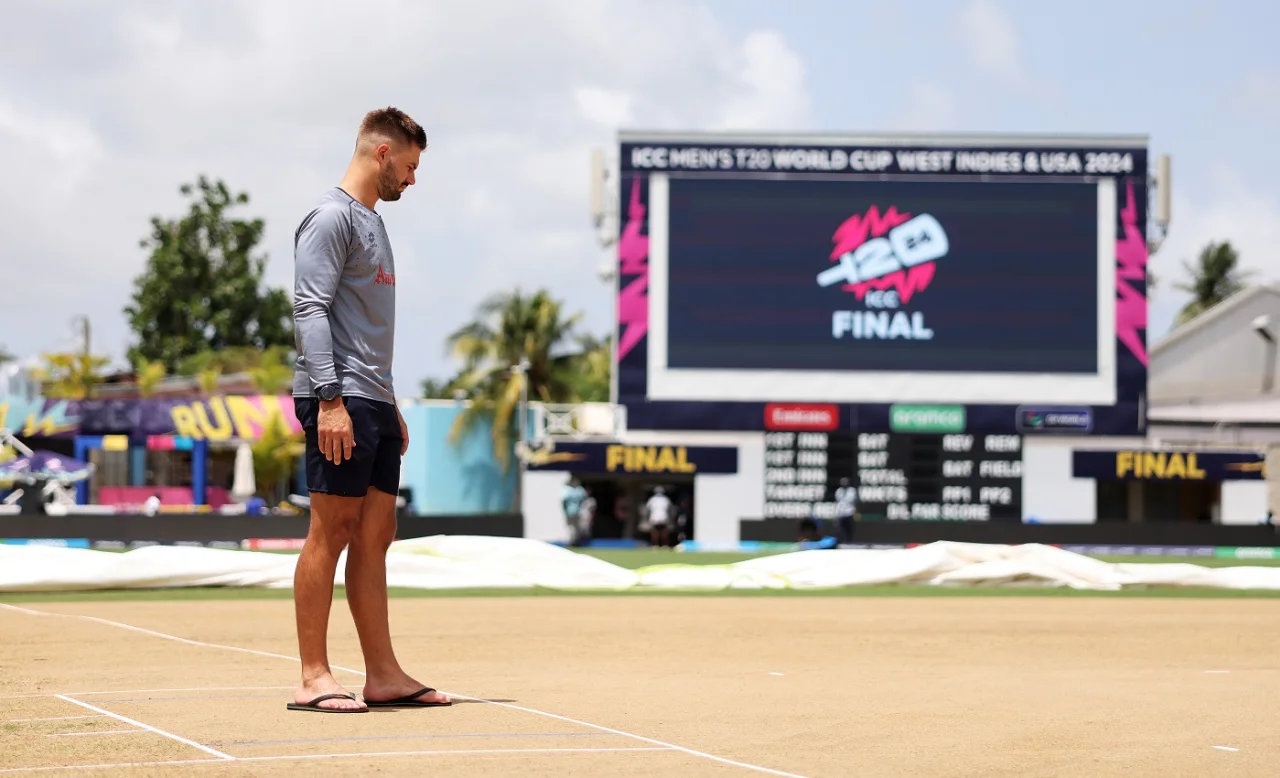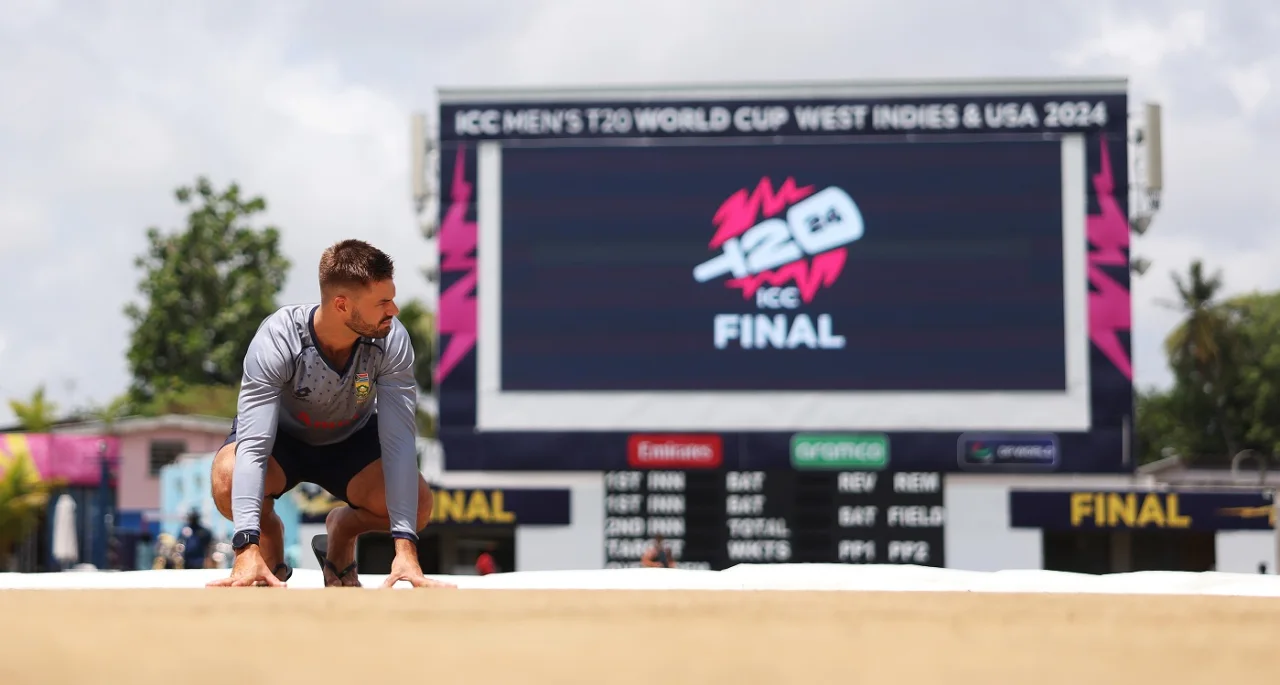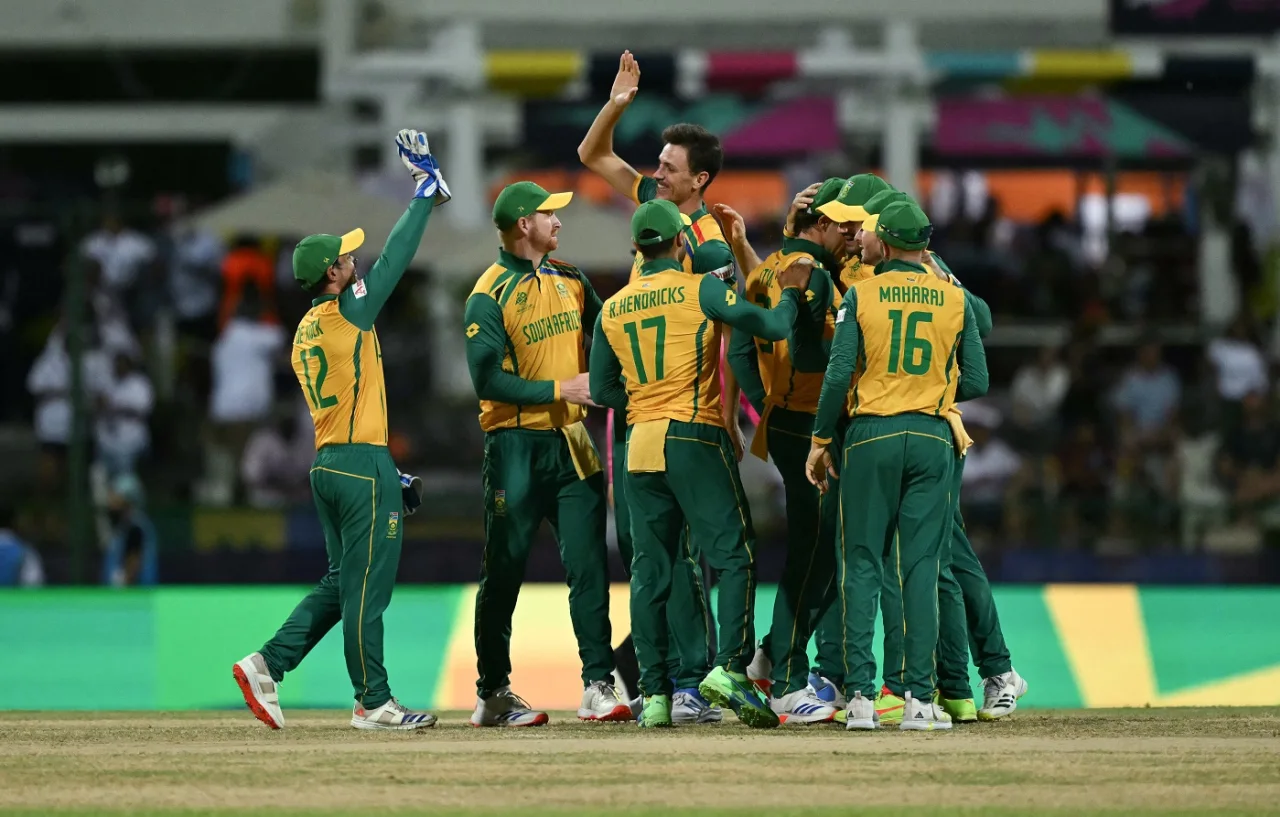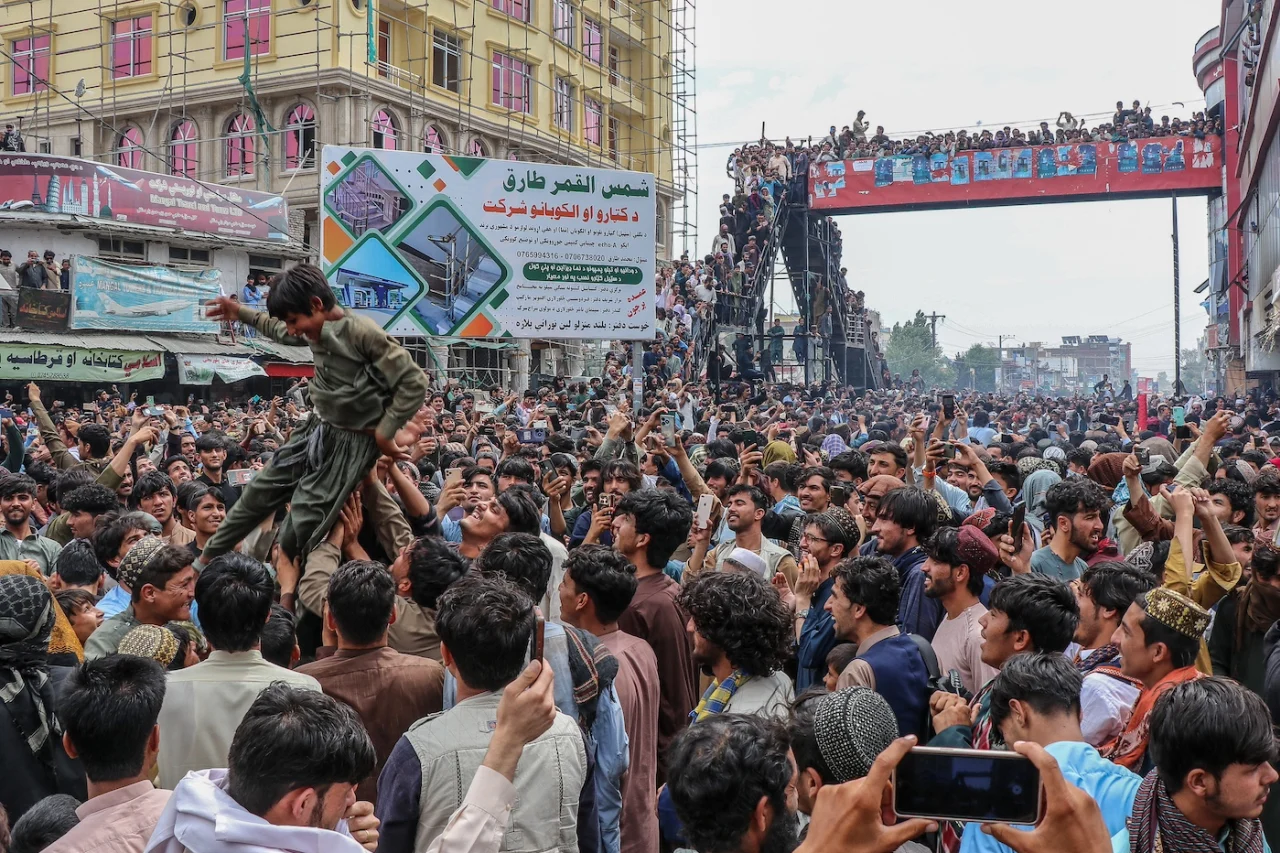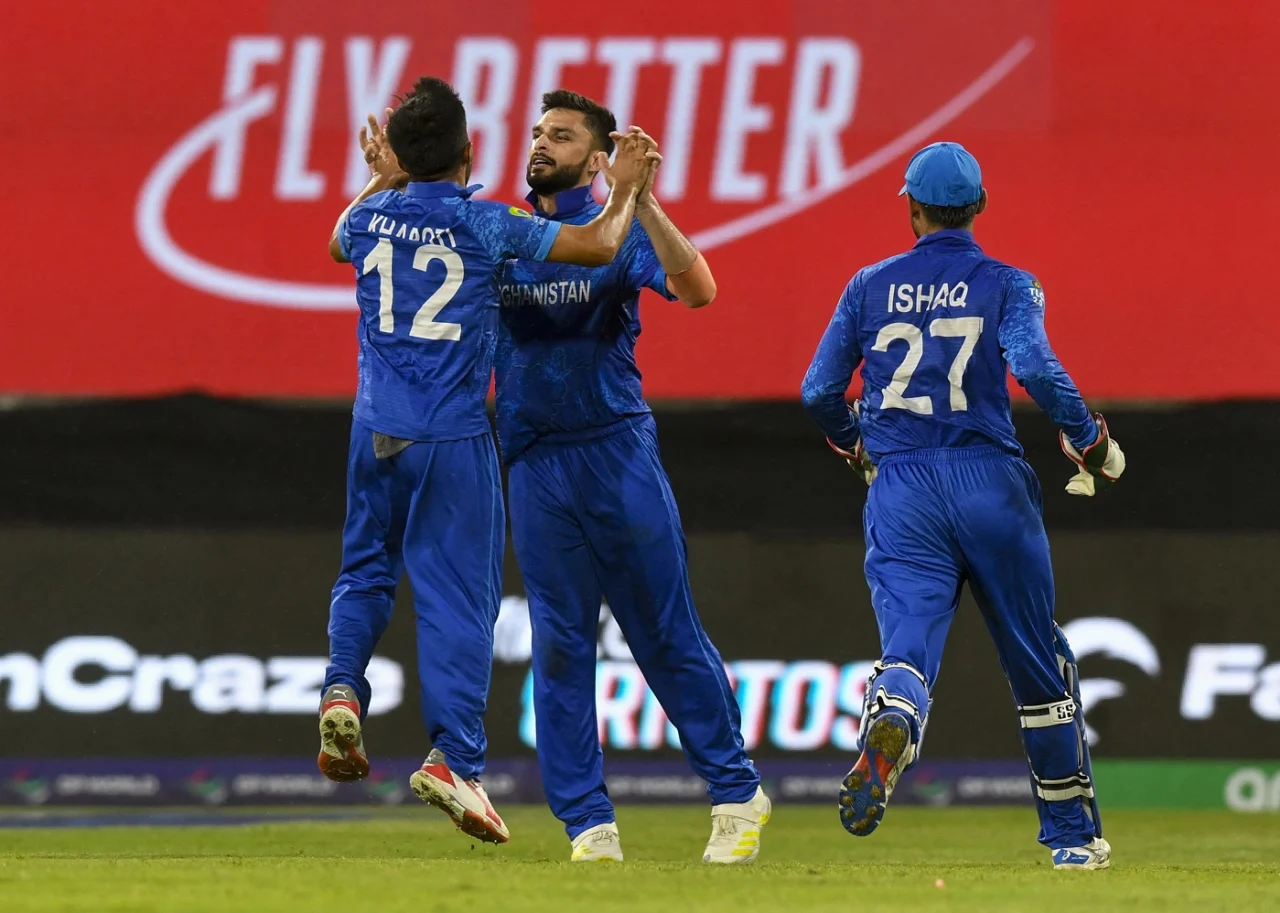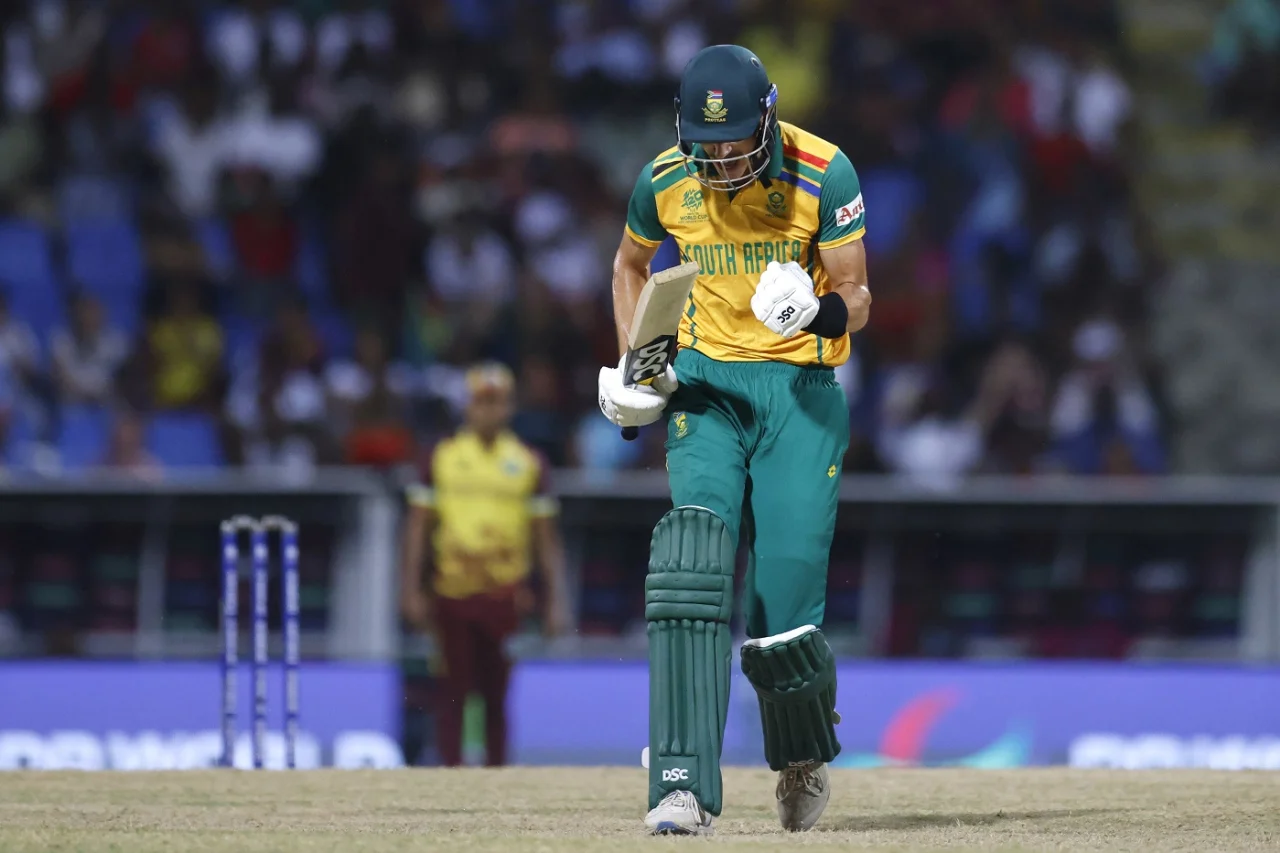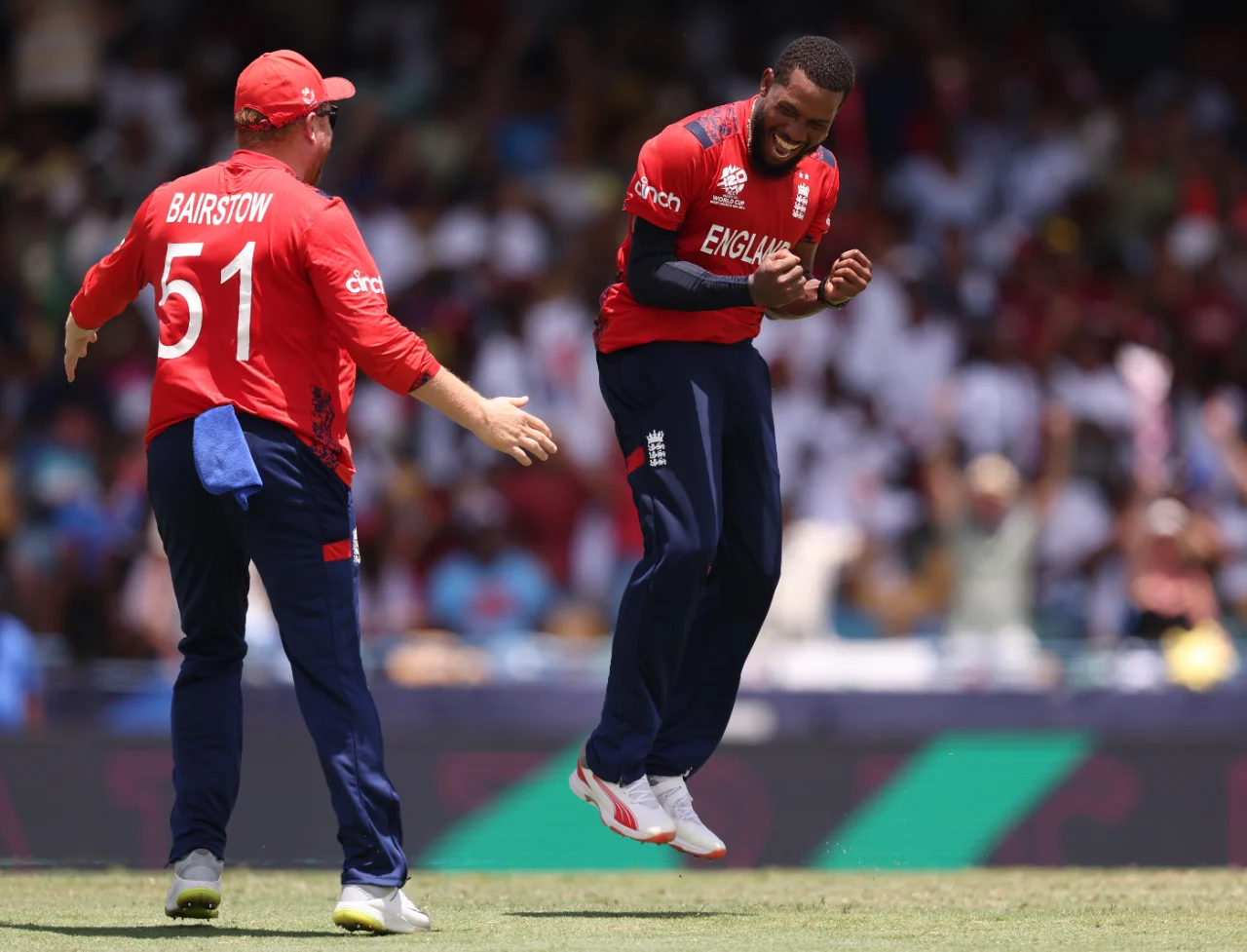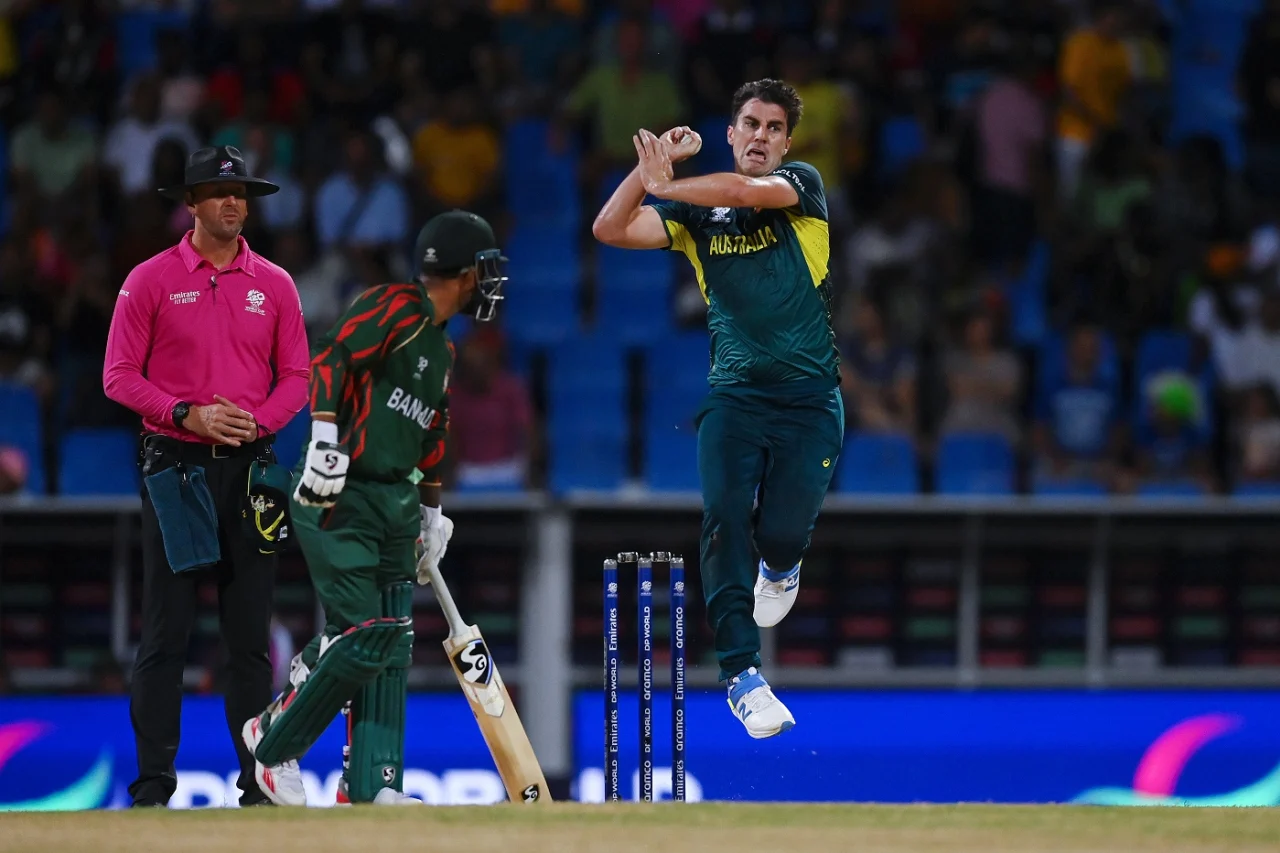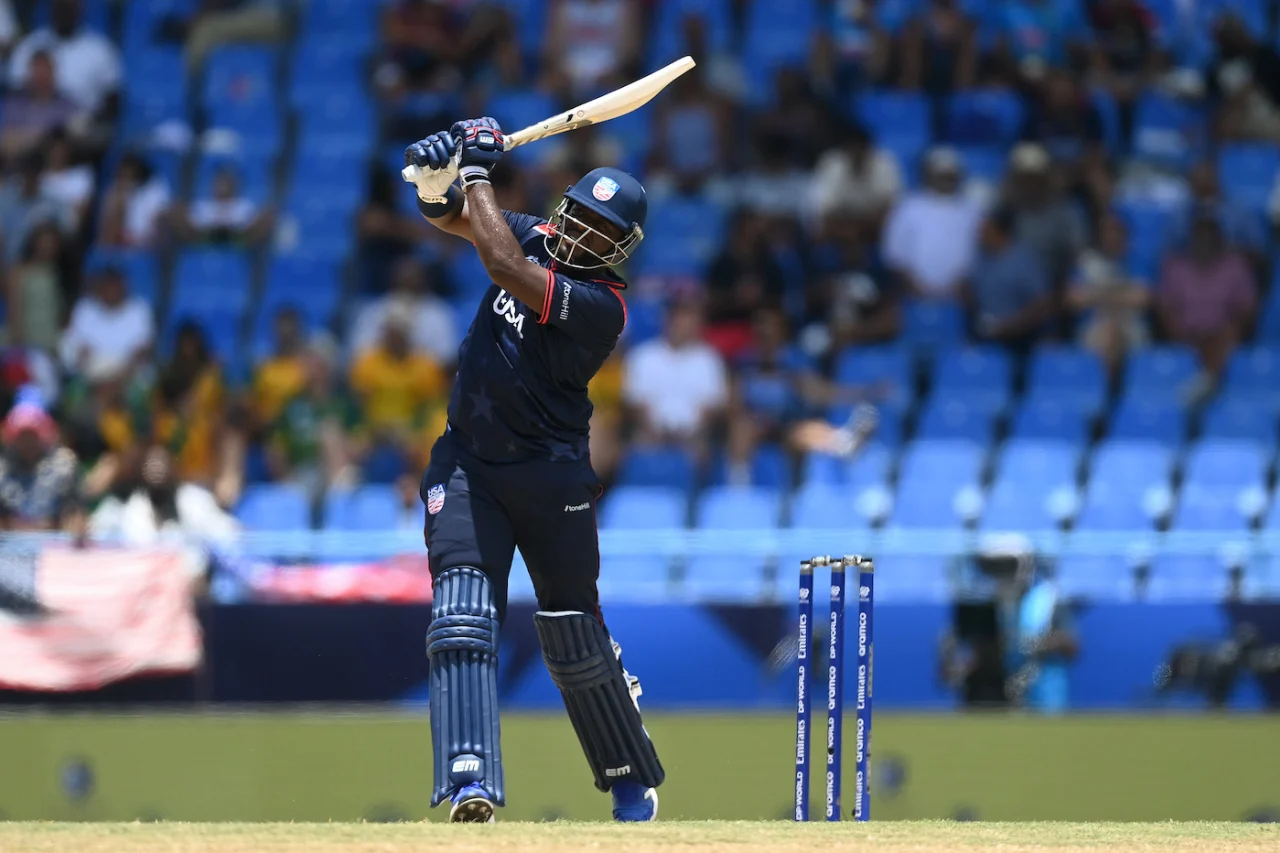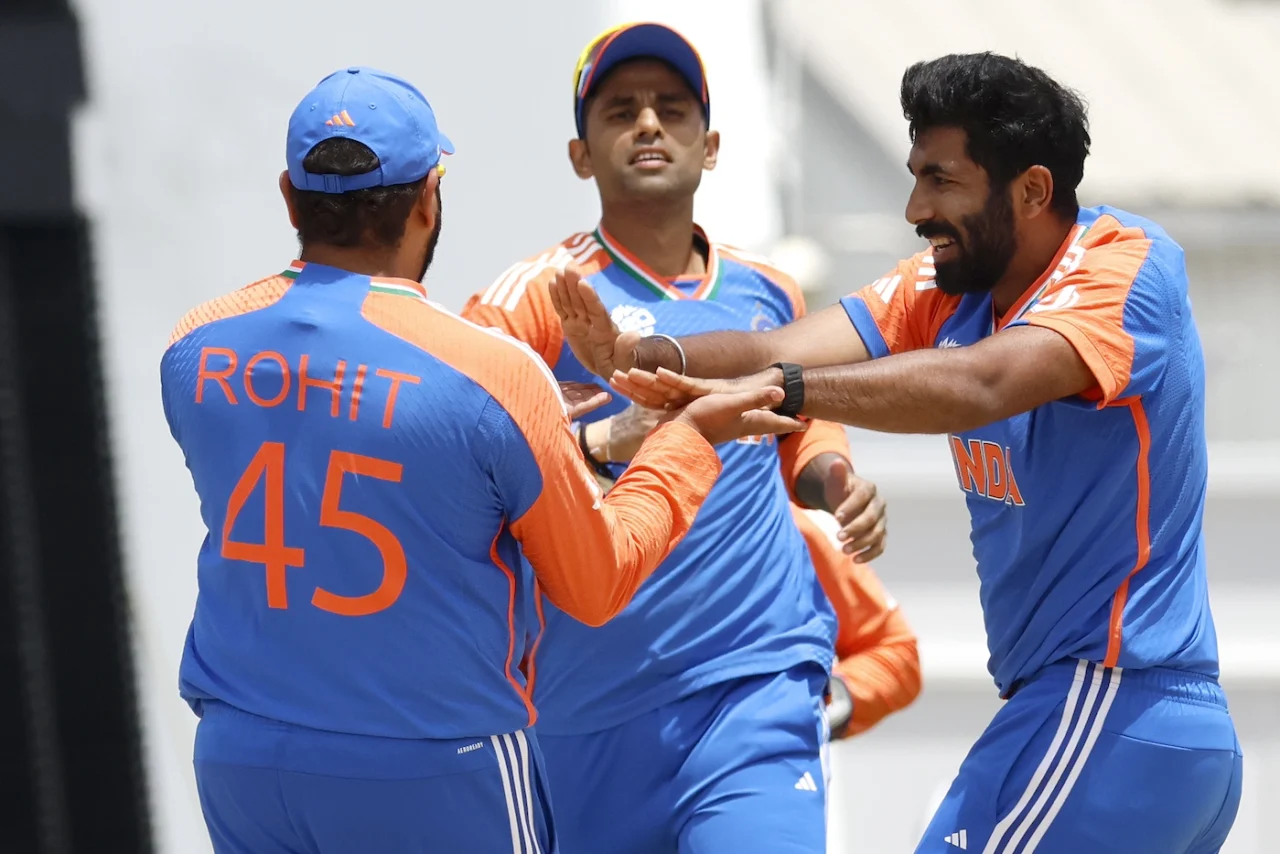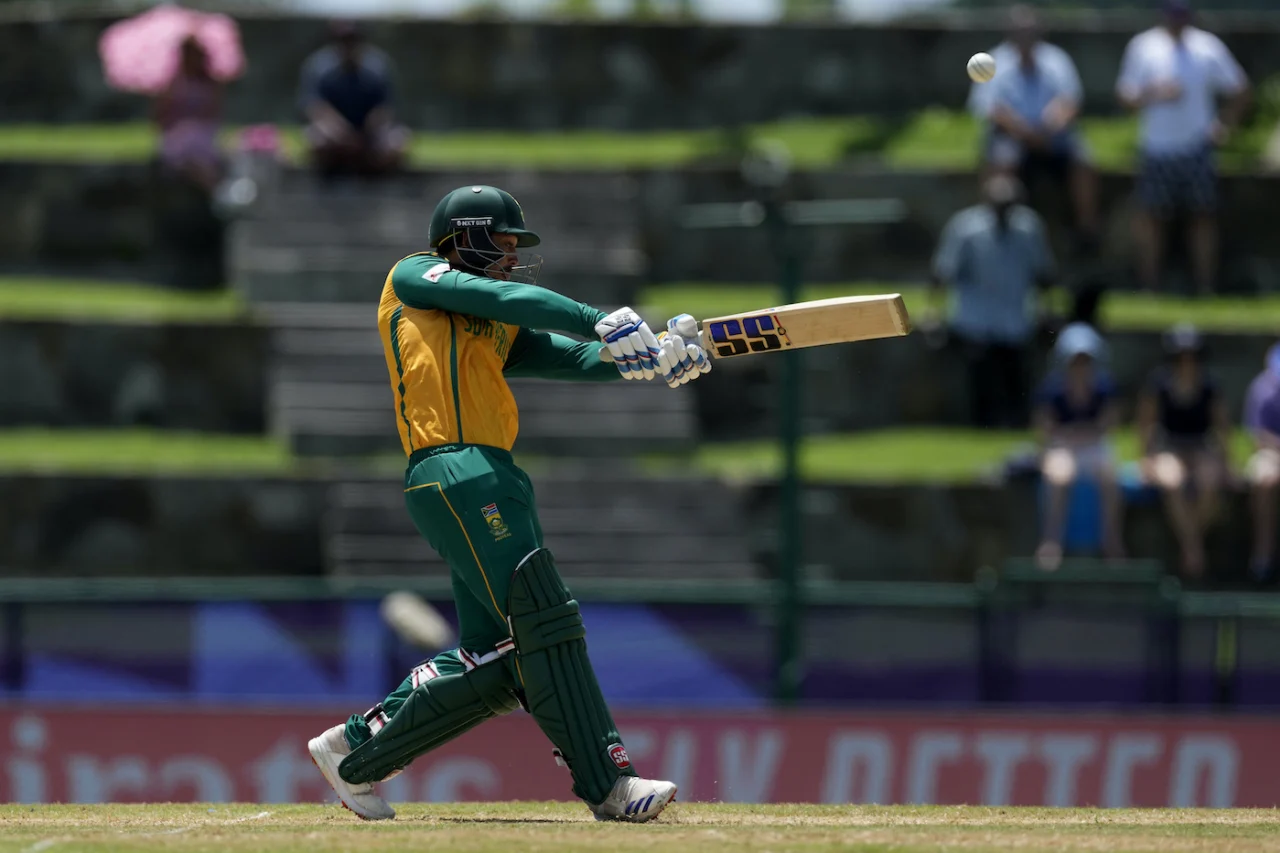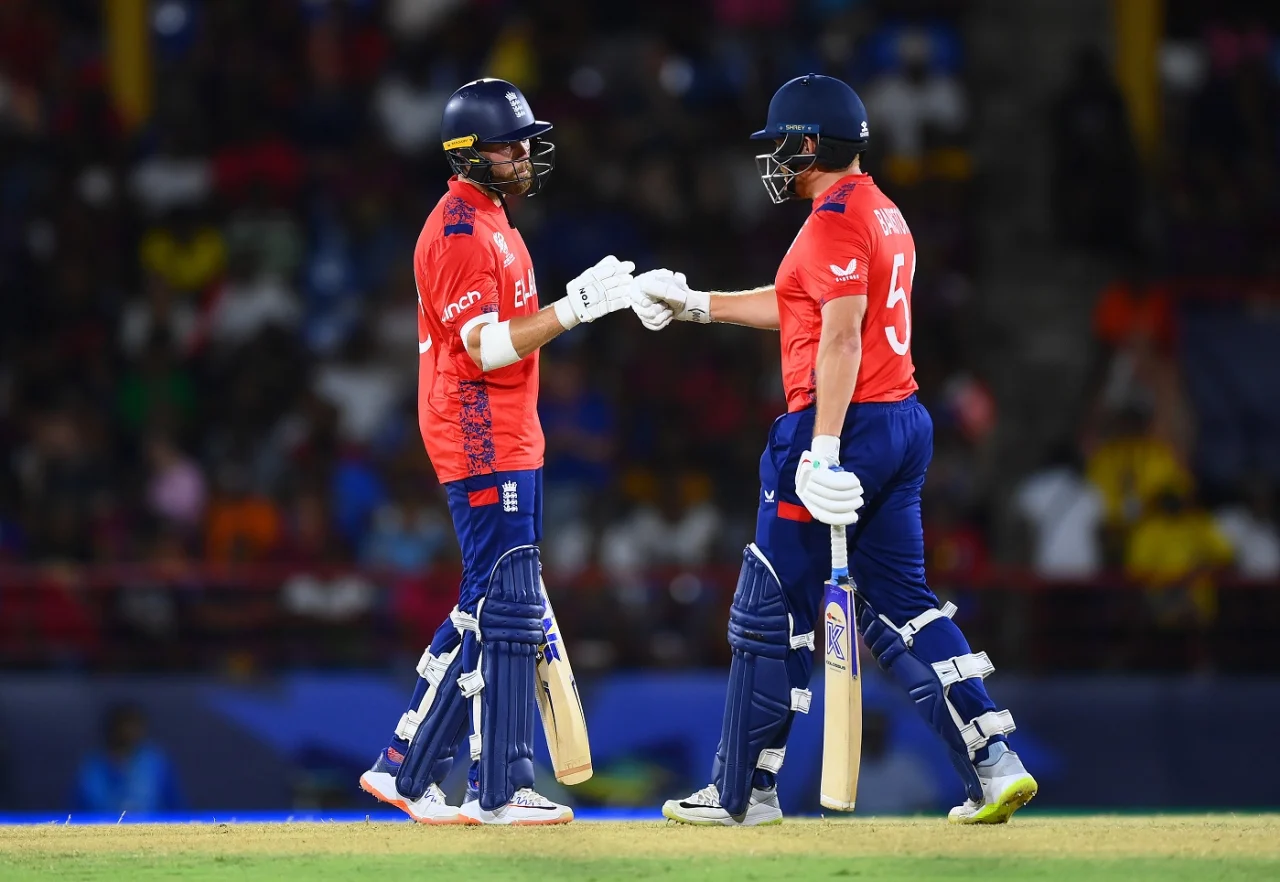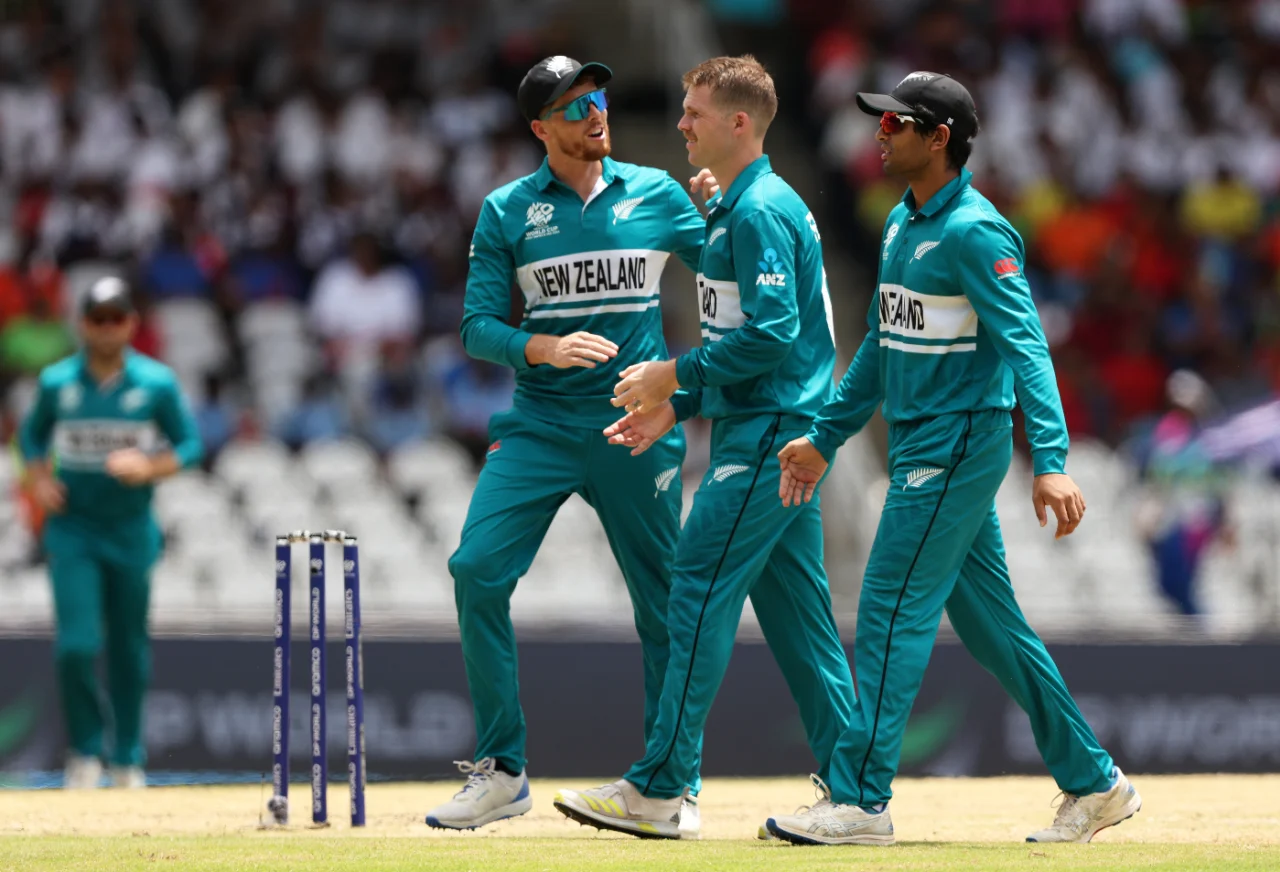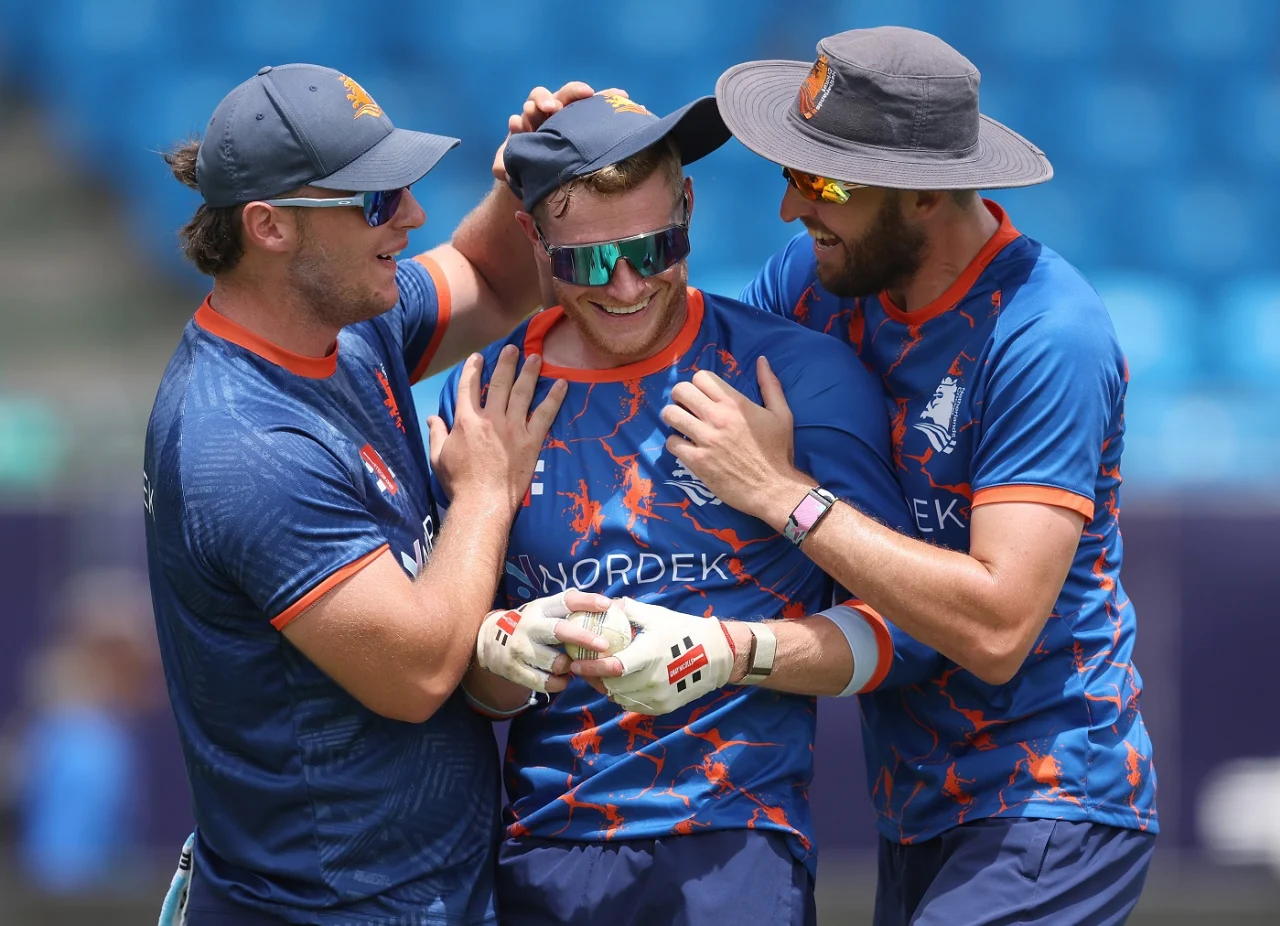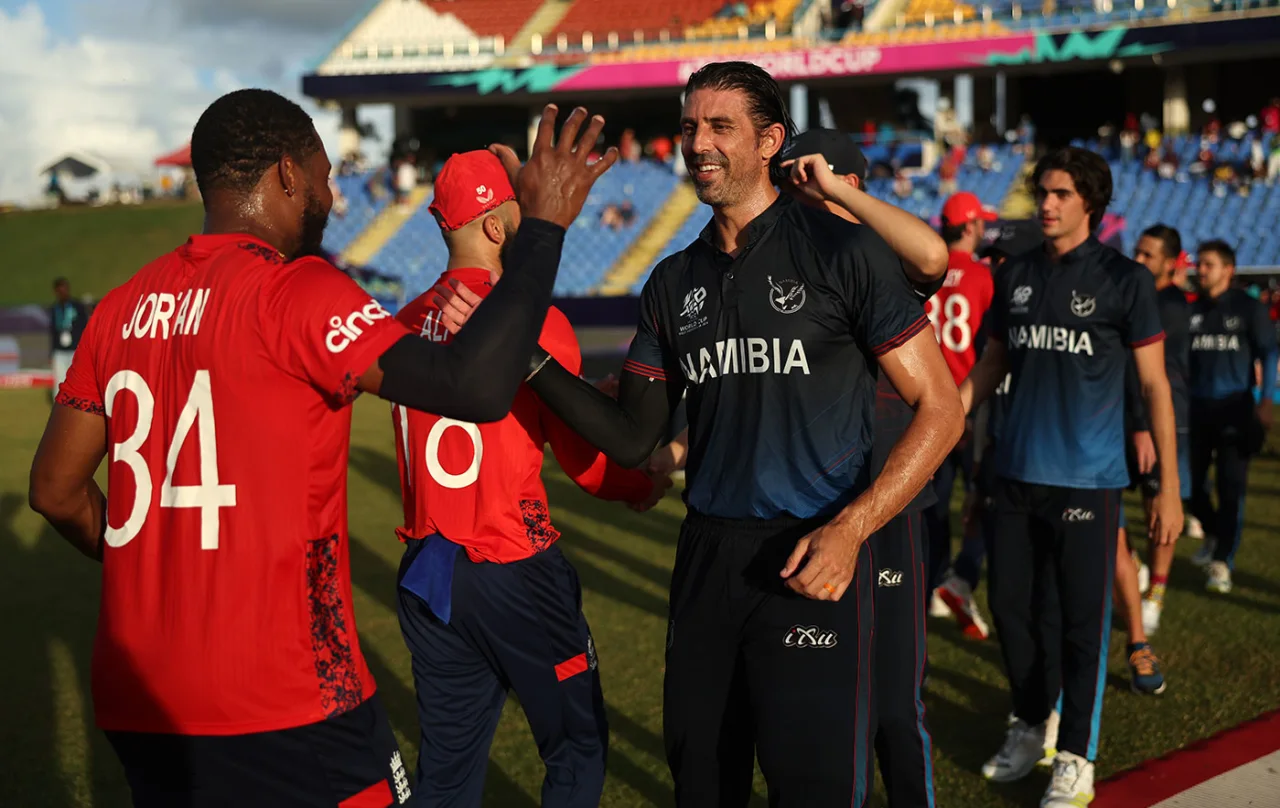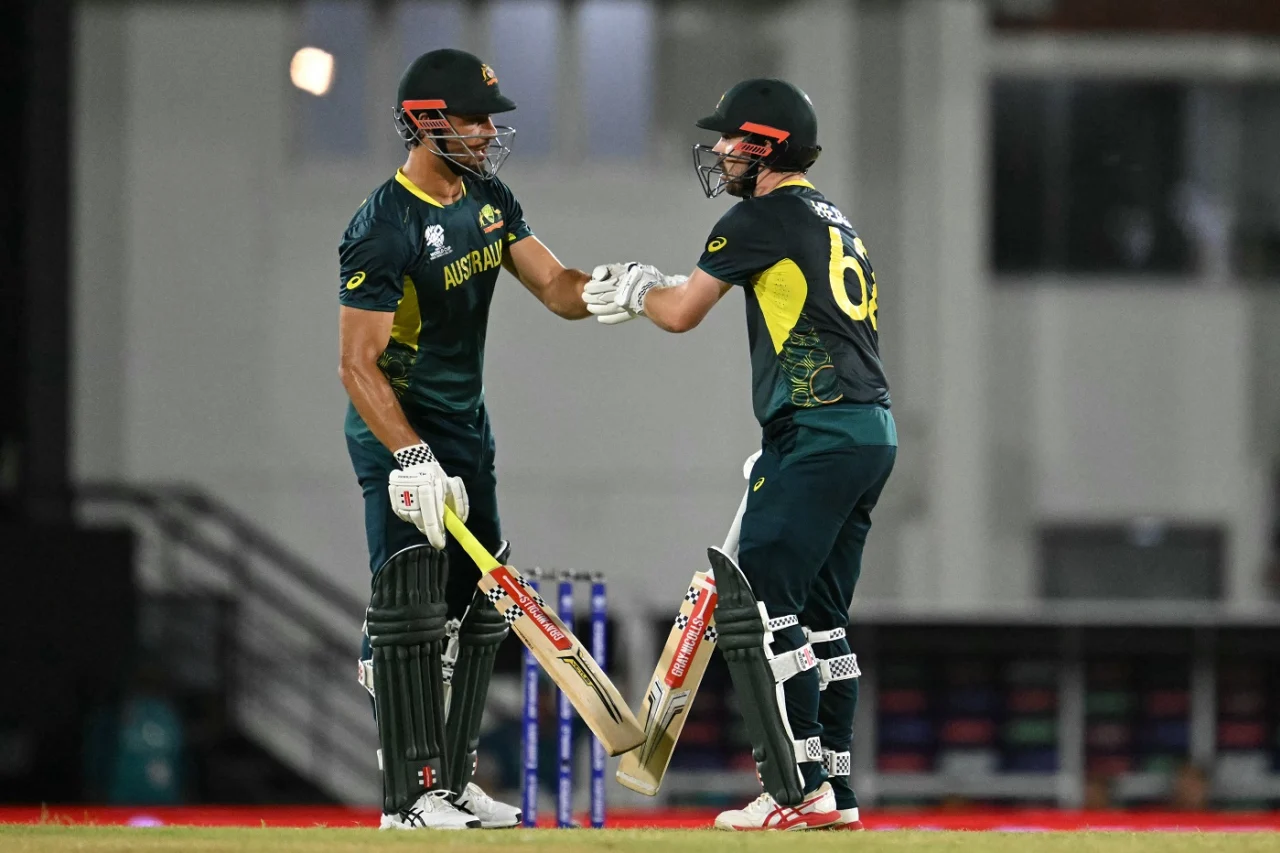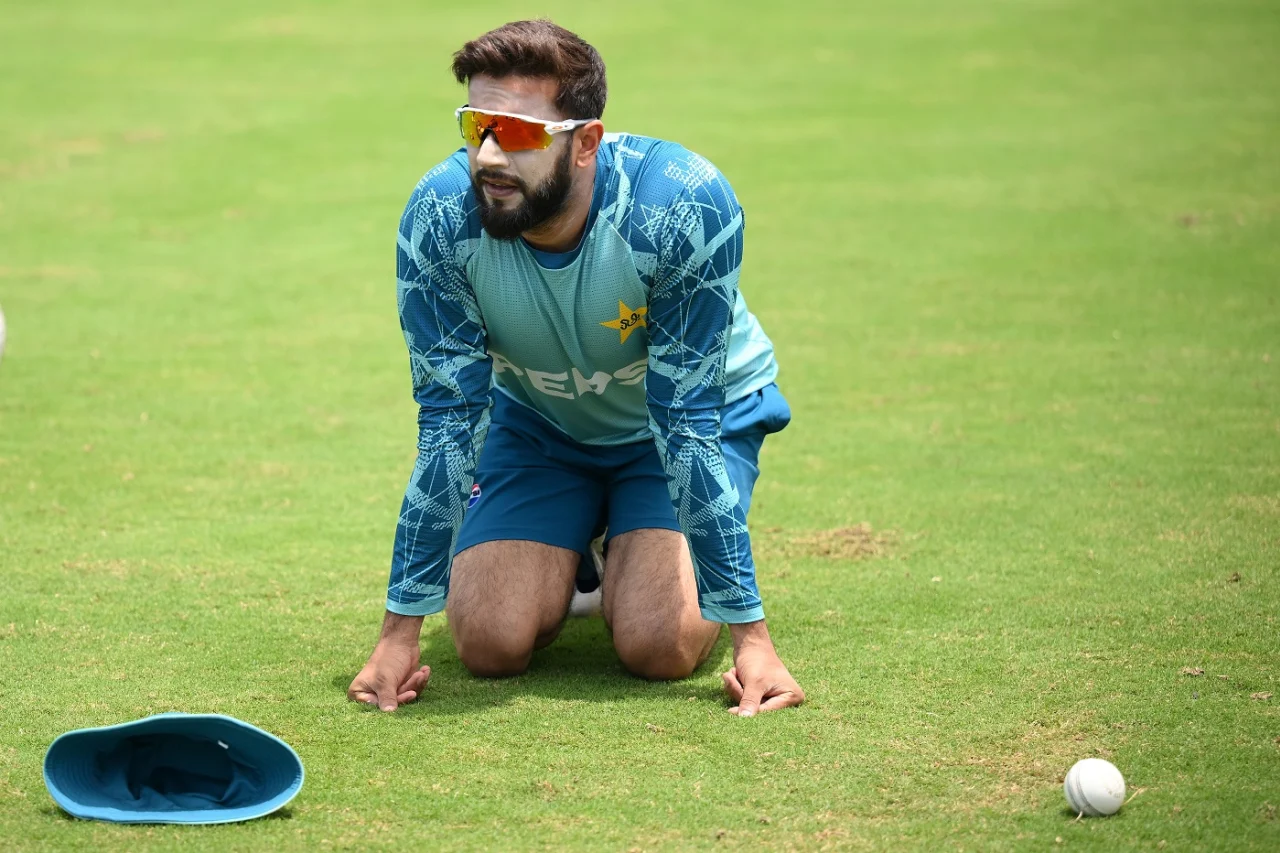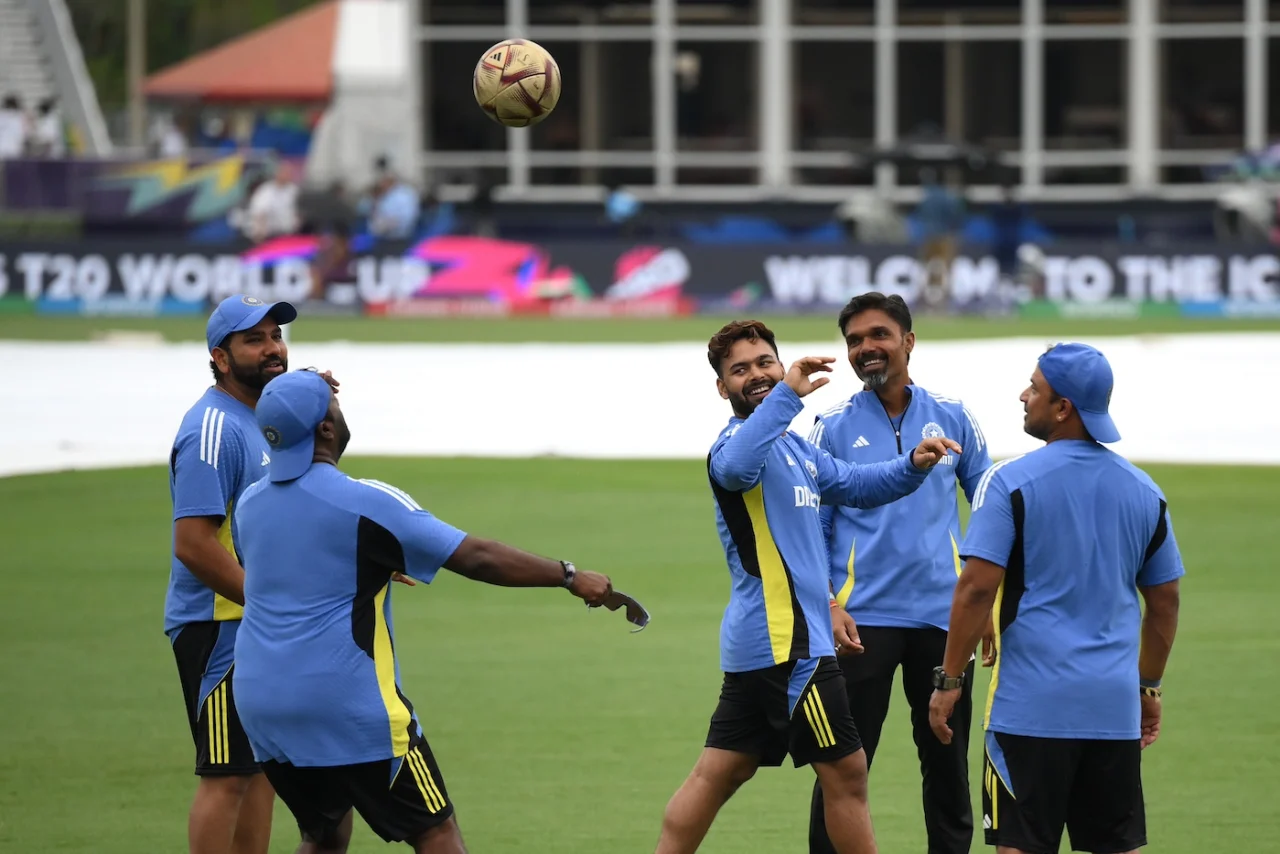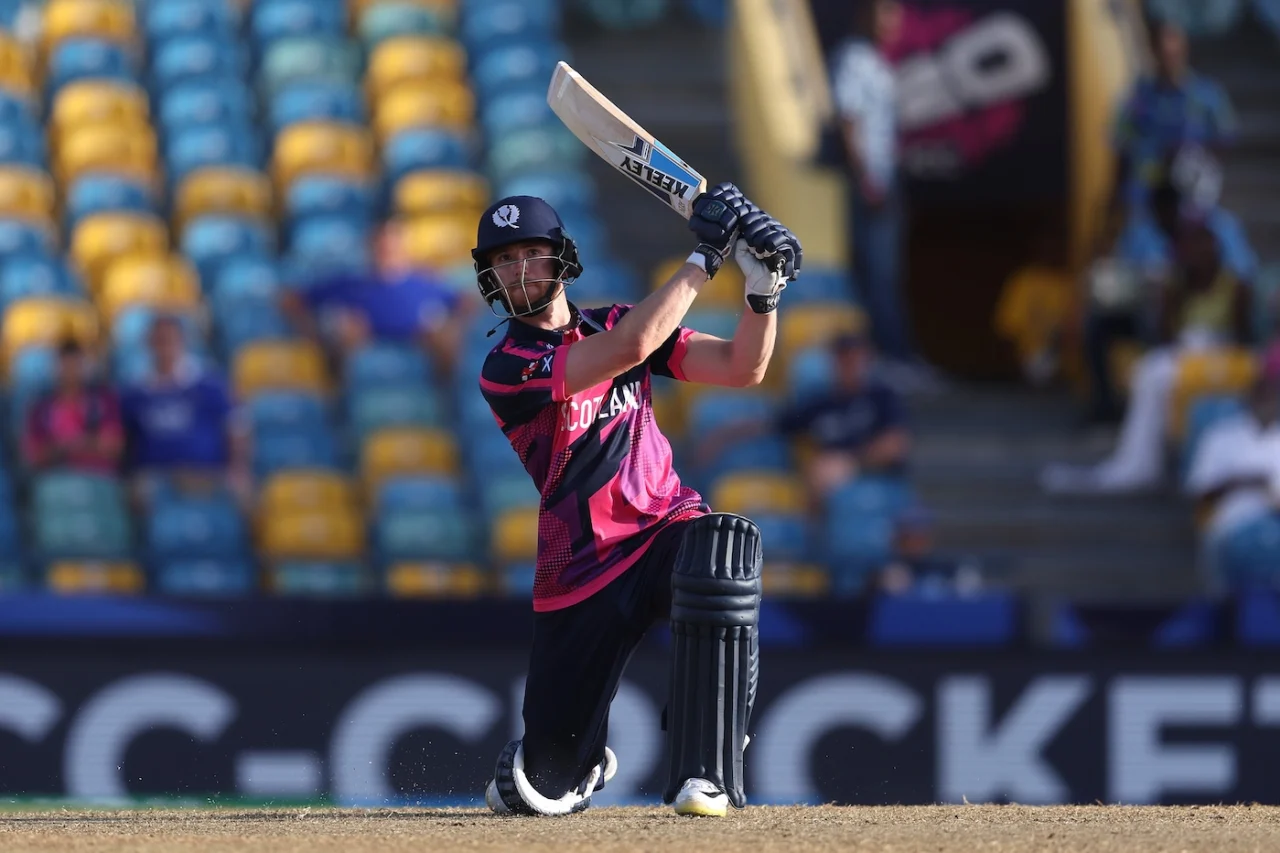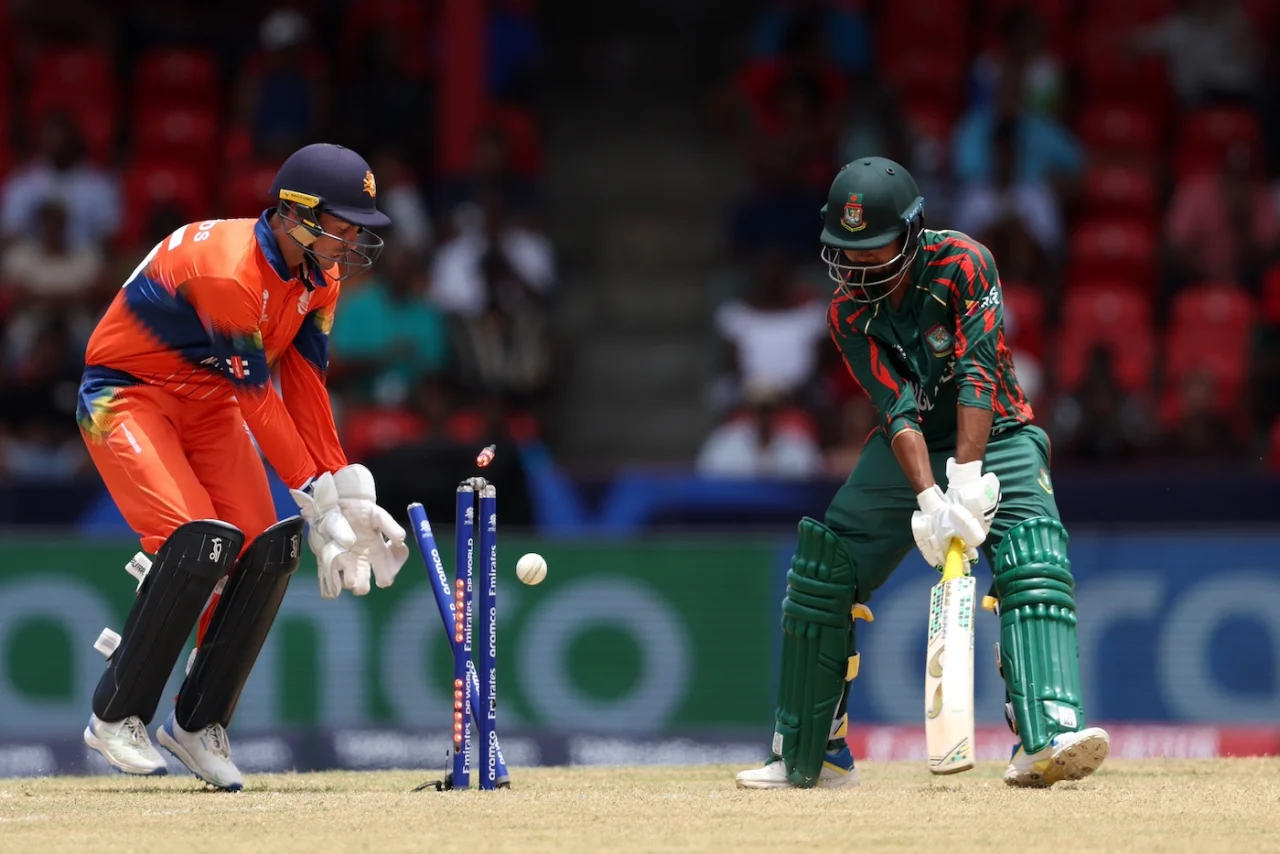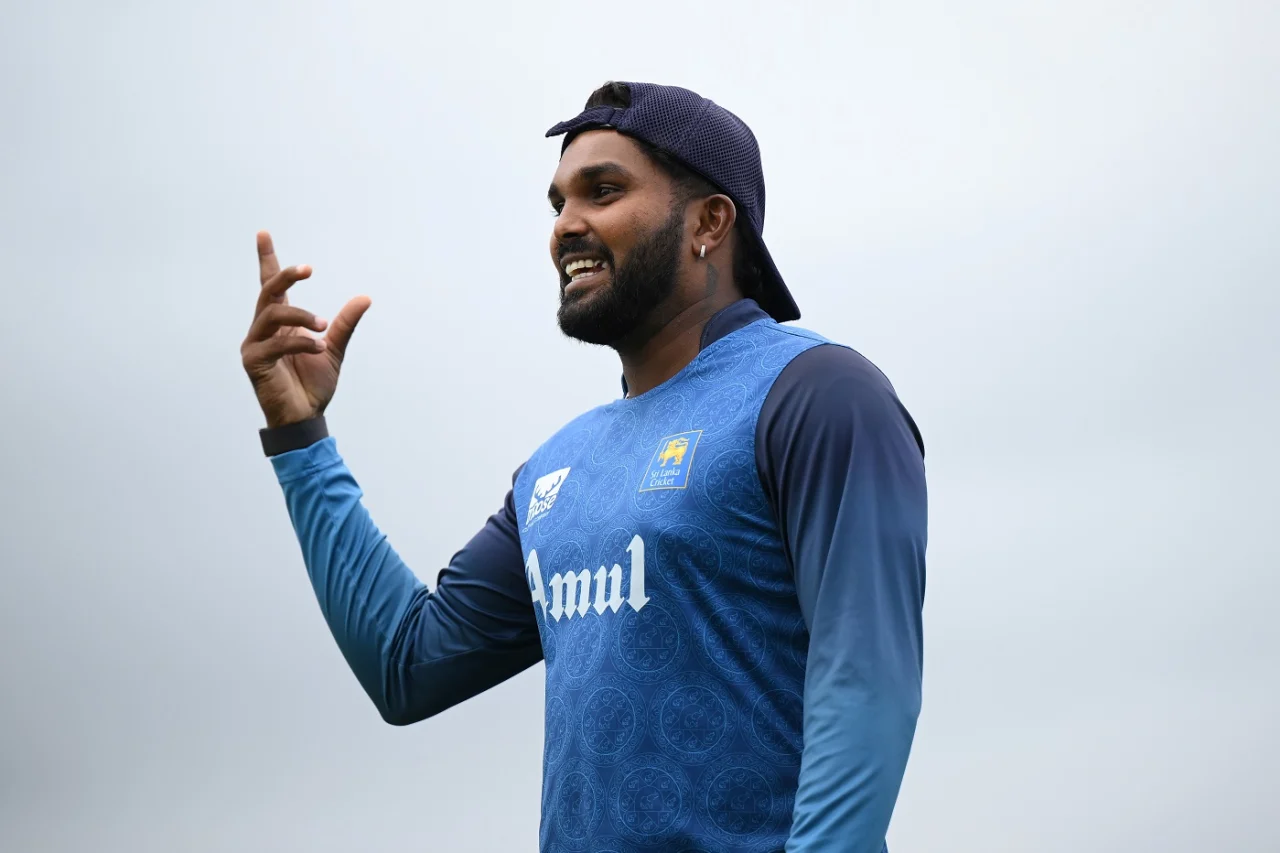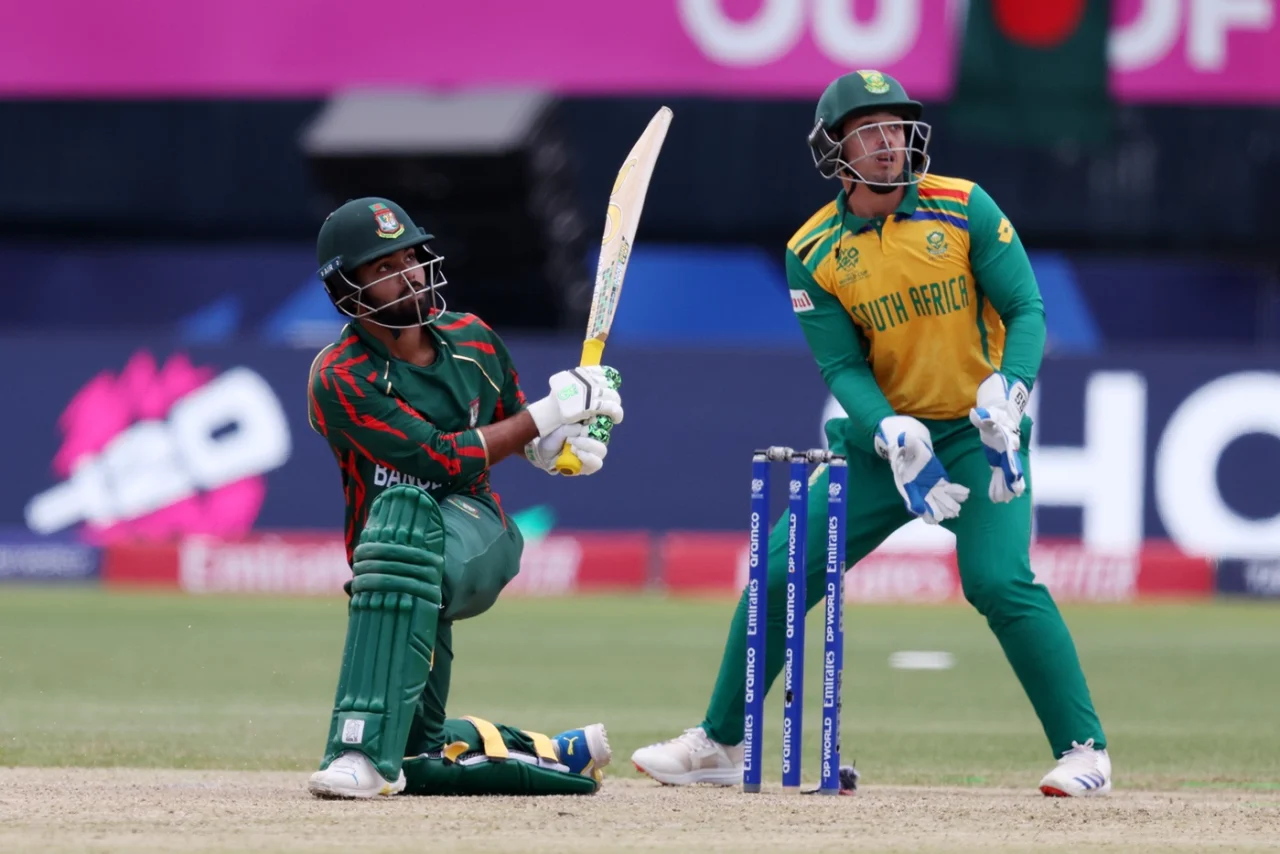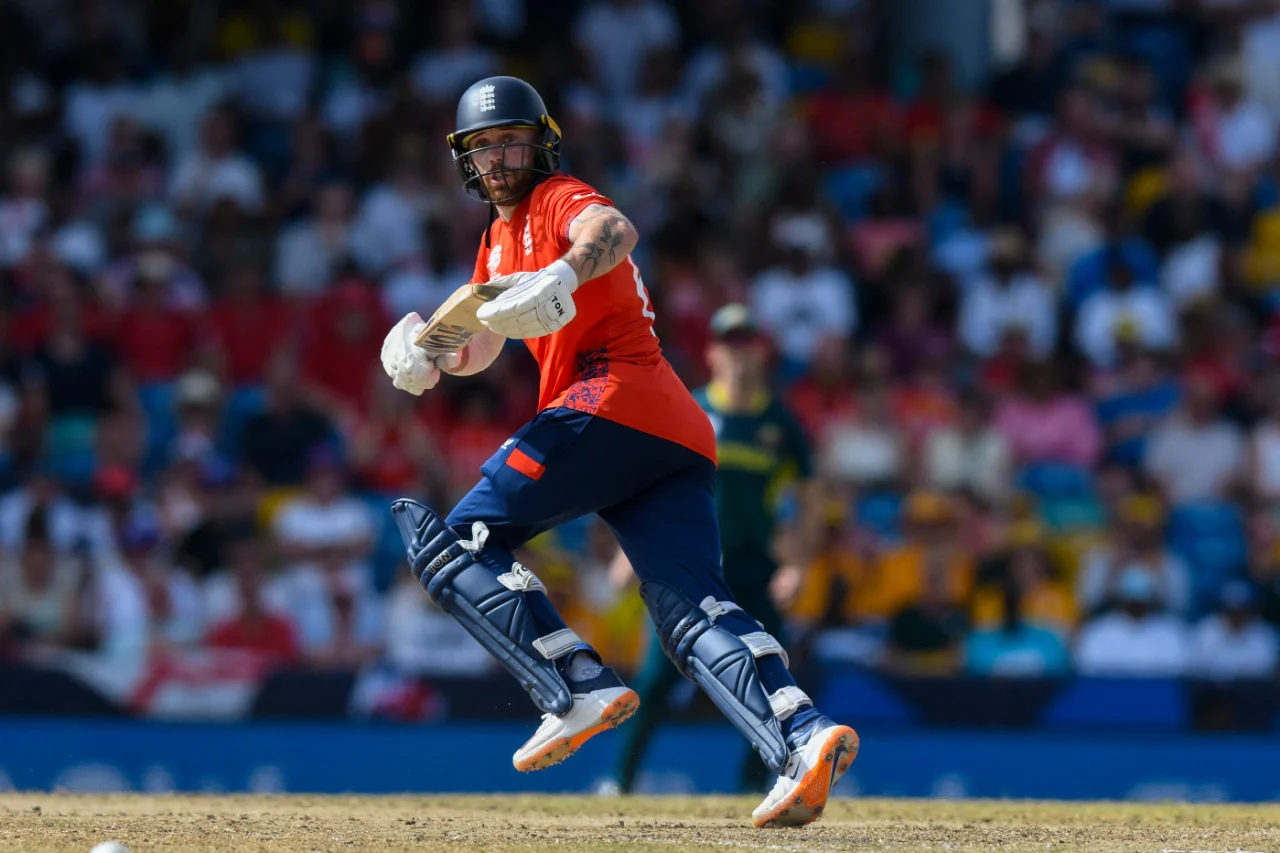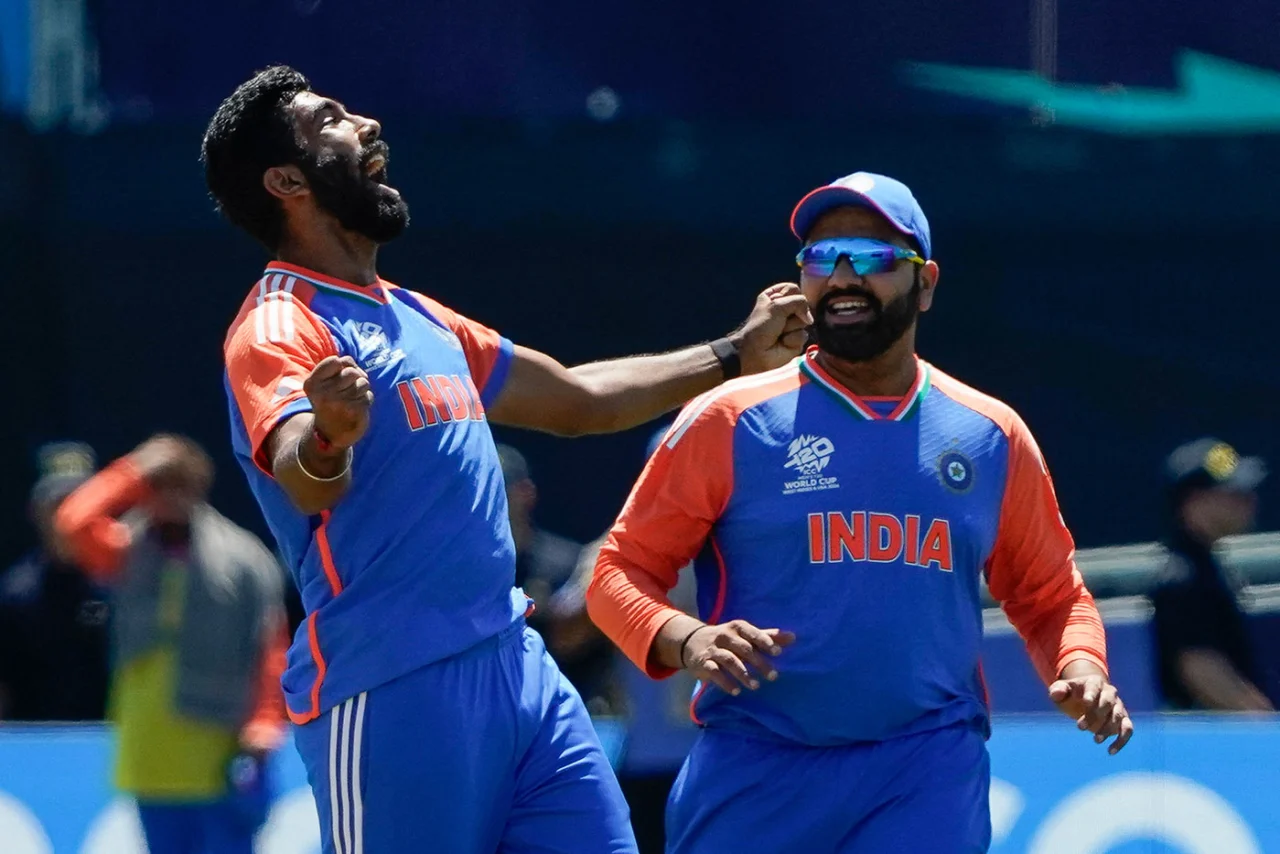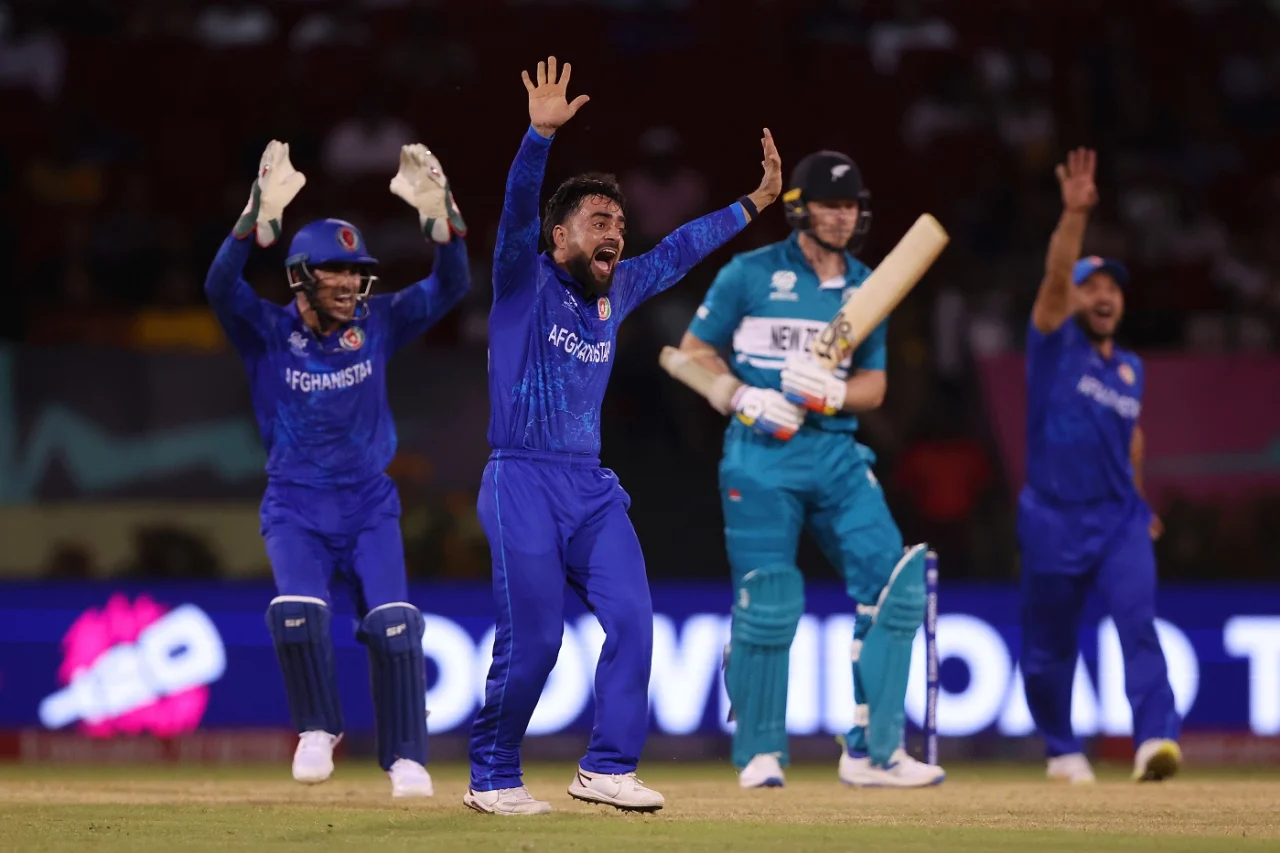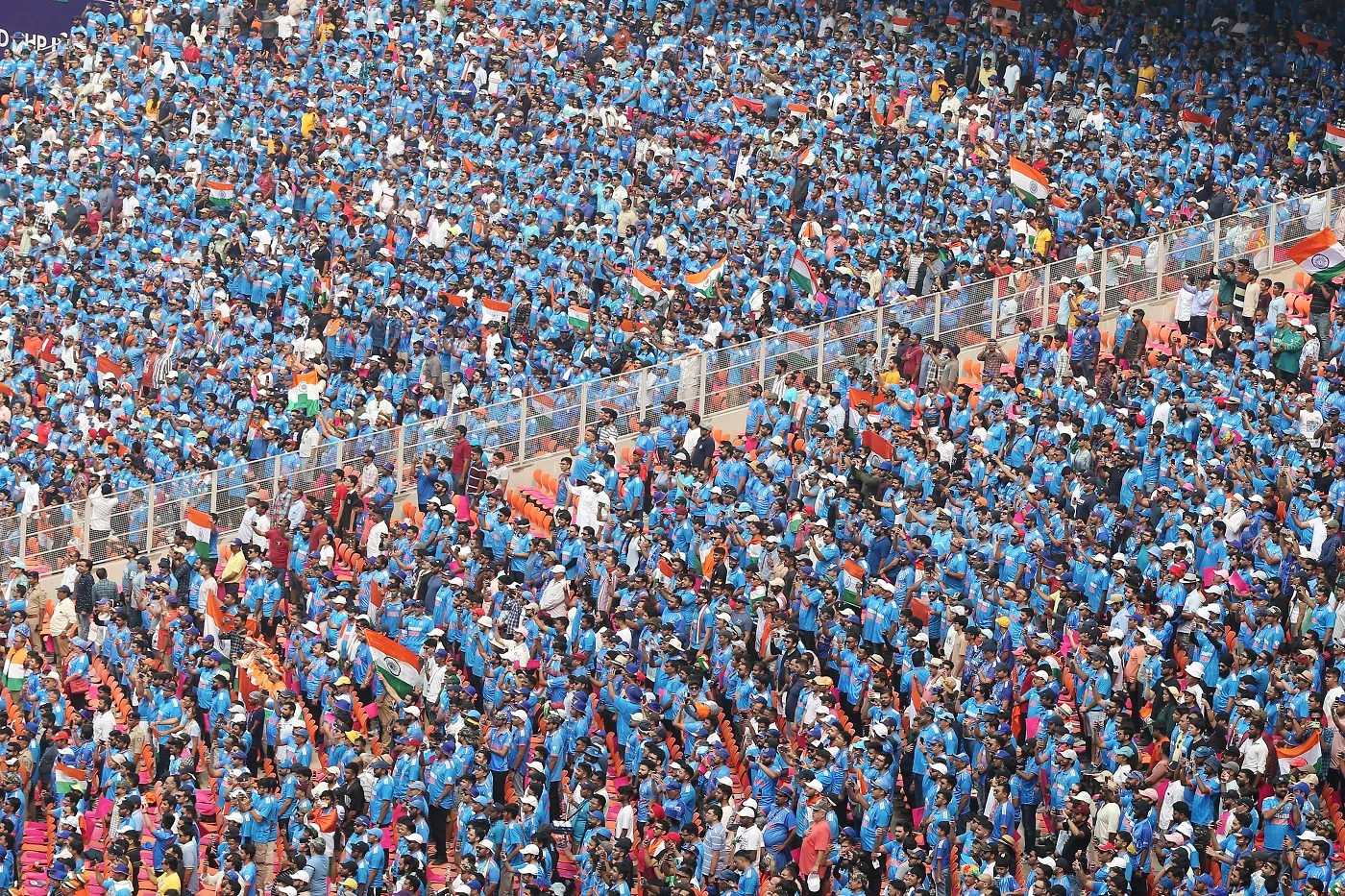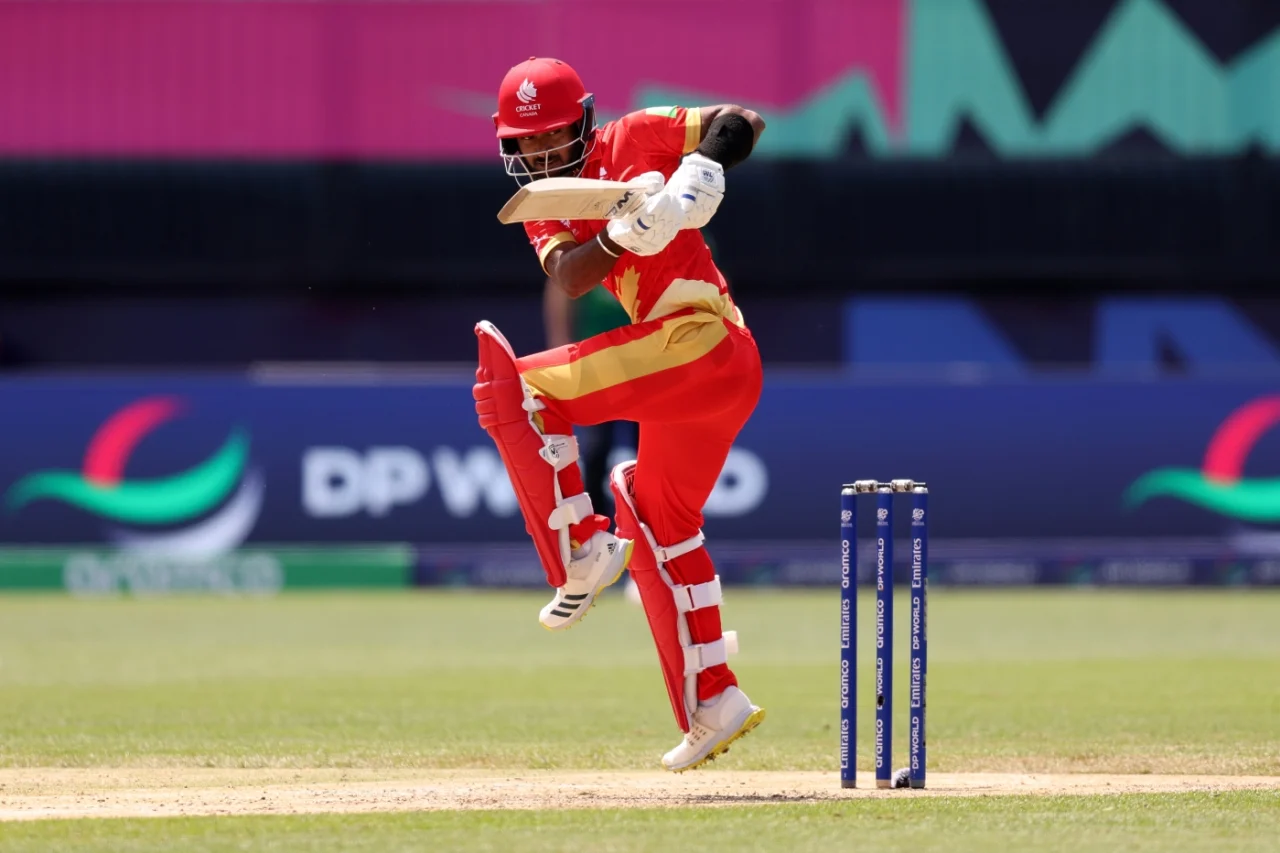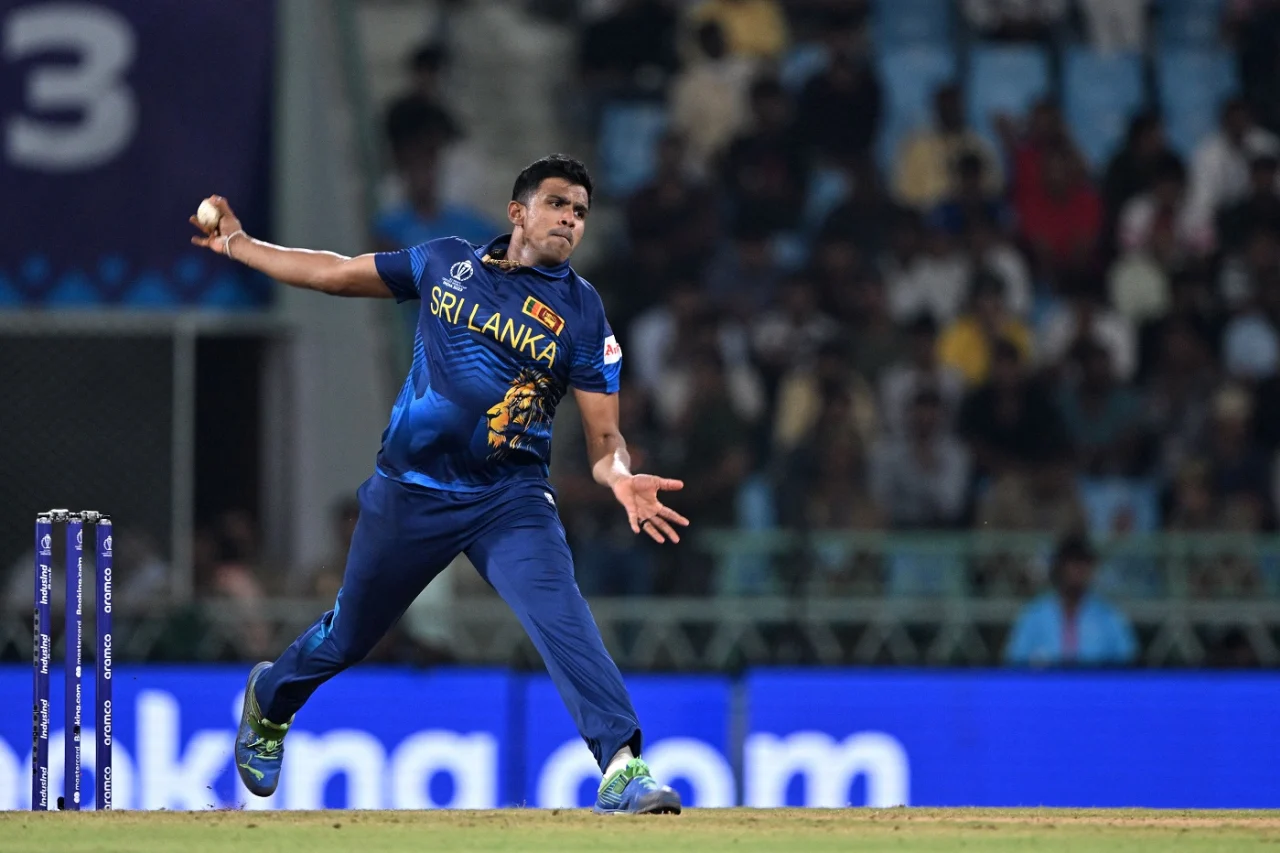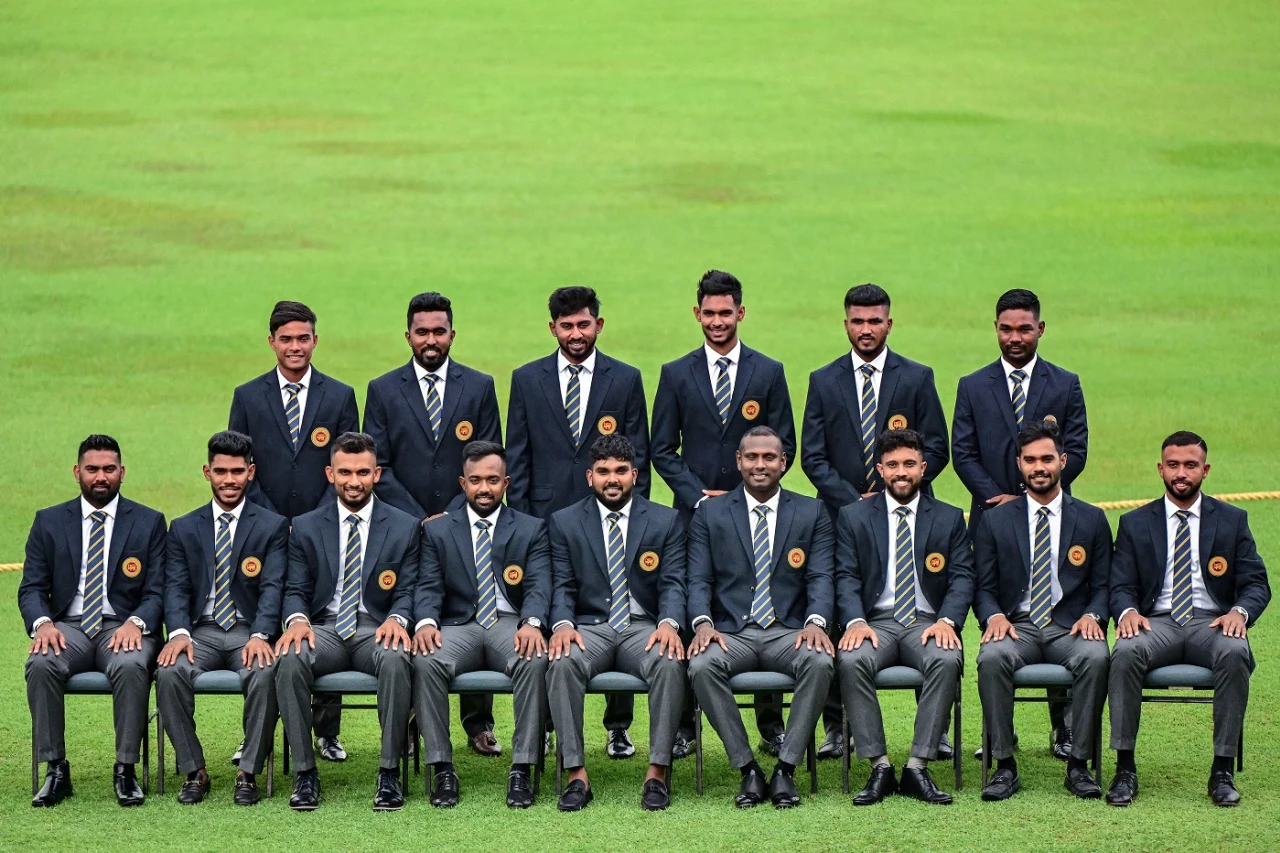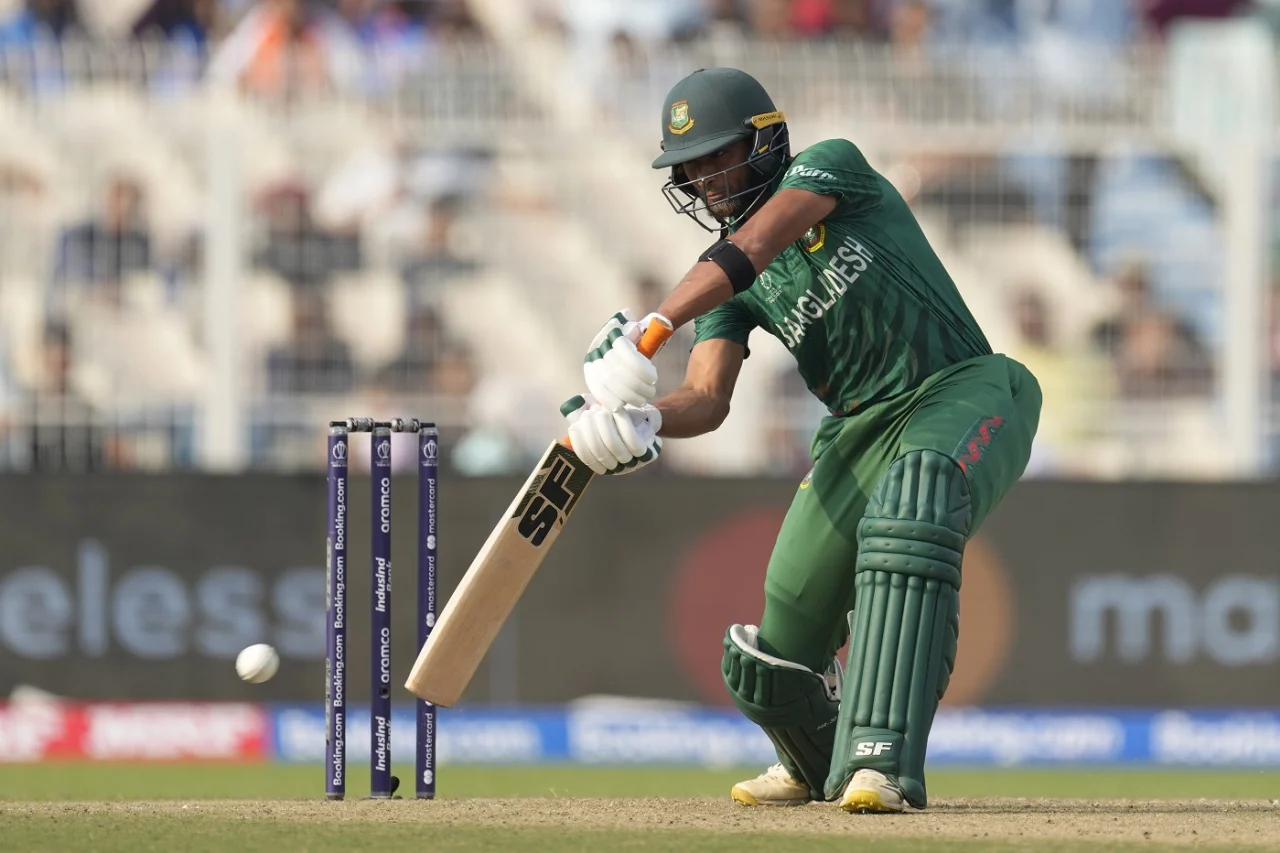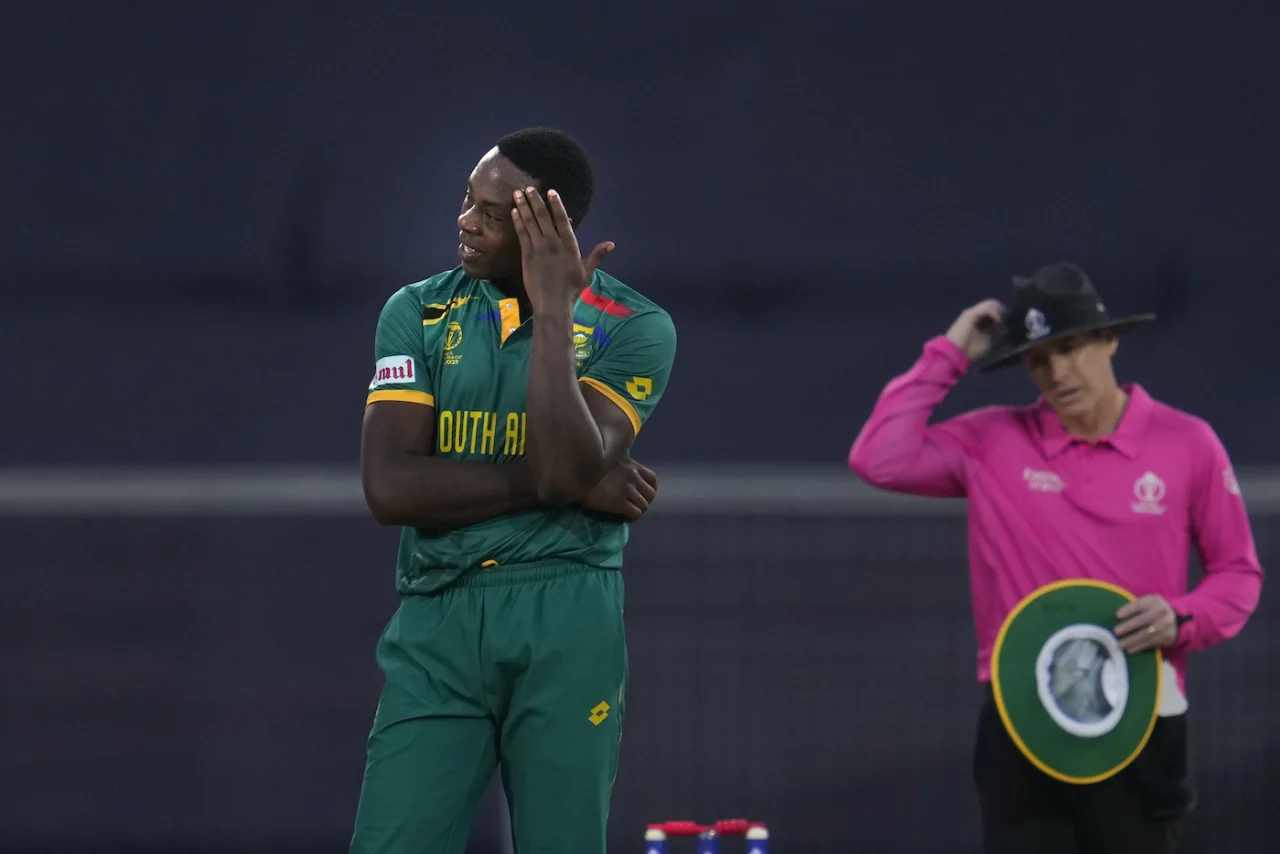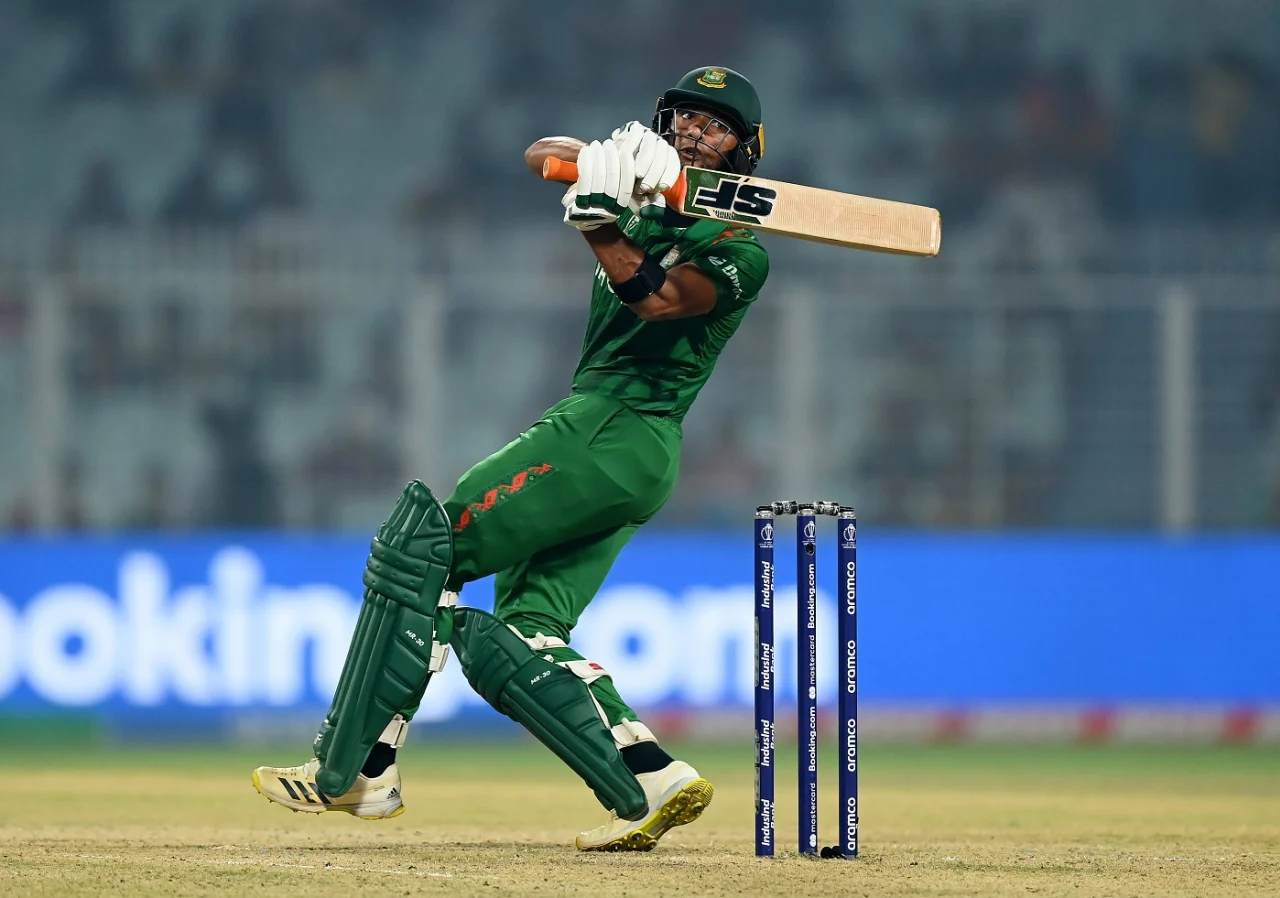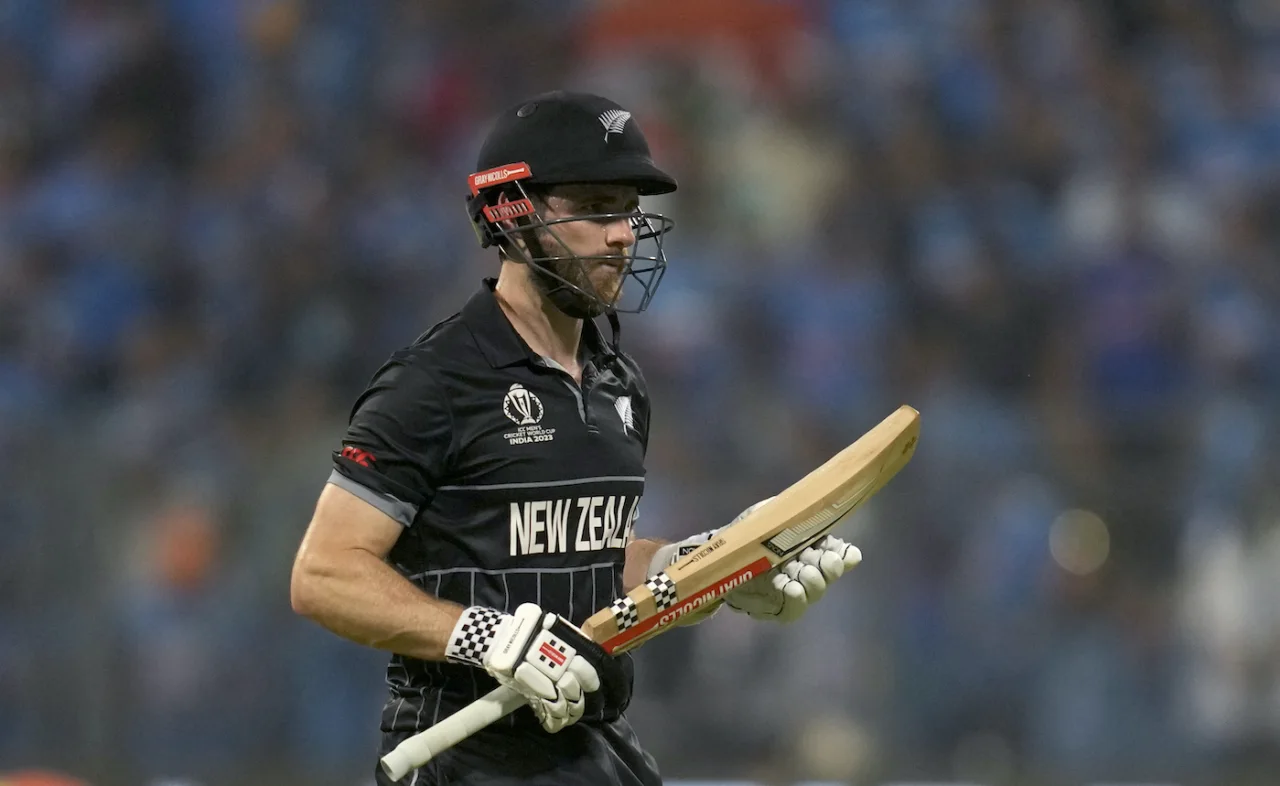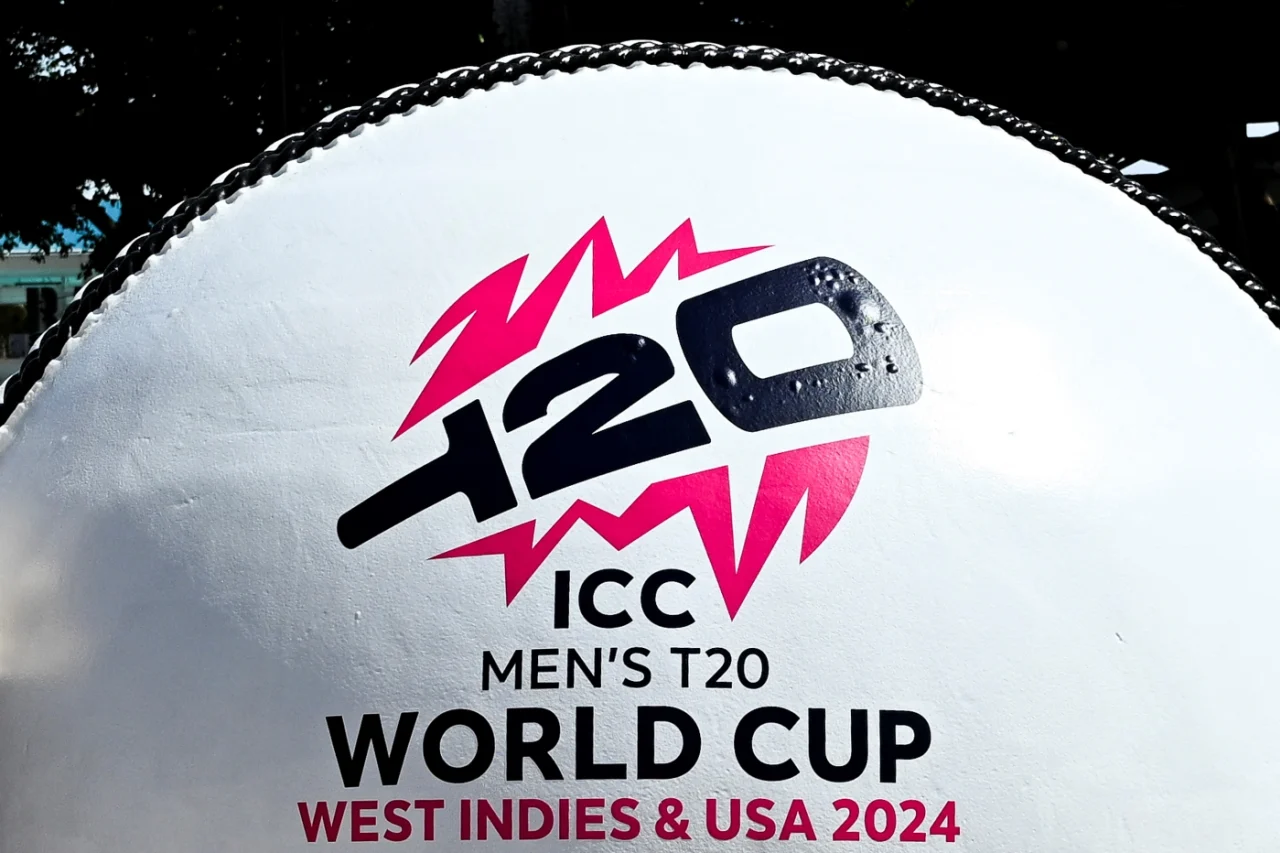
The upcoming ICC Men’s T20 World Cup in the Caribbean and the United States throws up an interesting scheduling conundrum. While the inclusion of reserve days for the semi-finals and final ensures a result in case of rain, it presents a potential disadvantage for the team playing in the second semi-final.
The crux of the issue lies in the tight turnaround time. The semi-finals are scheduled for June 26th and 27th, with the final set for June 29th. If the second semi-final, played on June 27th in Guyana, requires a reserve day, the winner would have less than 24 hours to recover and travel to Barbados for the final.
This raises concerns about player fatigue and lack of proper preparation. Critics point out that in past World Cups, there was usually a full day’s gap between the second semi-final and the final, allowing finalists more time to rest, strategize, and travel.
The ICC’s decision to prioritize ensuring a result over player well-being has sparked debate. Some argue that a reserve day is essential to avoid a washout deciding a World Cup. However, others propose alternative solutions, such as scheduling an extra day between the semi-finals and the final from the outset.
The impact of this situation could be significant. The team playing in the first semi-final, with a guaranteed day off before the final, would have a clear advantage. This could be a major talking point if a team feels their chances were hampered by the tight schedule.
With the tournament just around the corner, it remains to be seen how the ICC addresses this potential issue. The upcoming weeks will be interesting as cricket fans and analysts weigh in on the importance of ensuring a result versus fairness to all participants.




